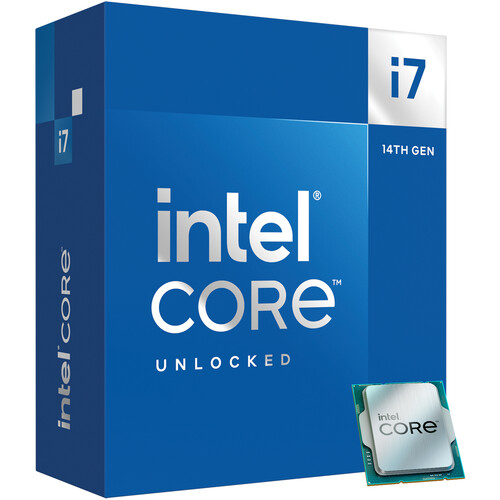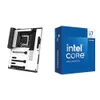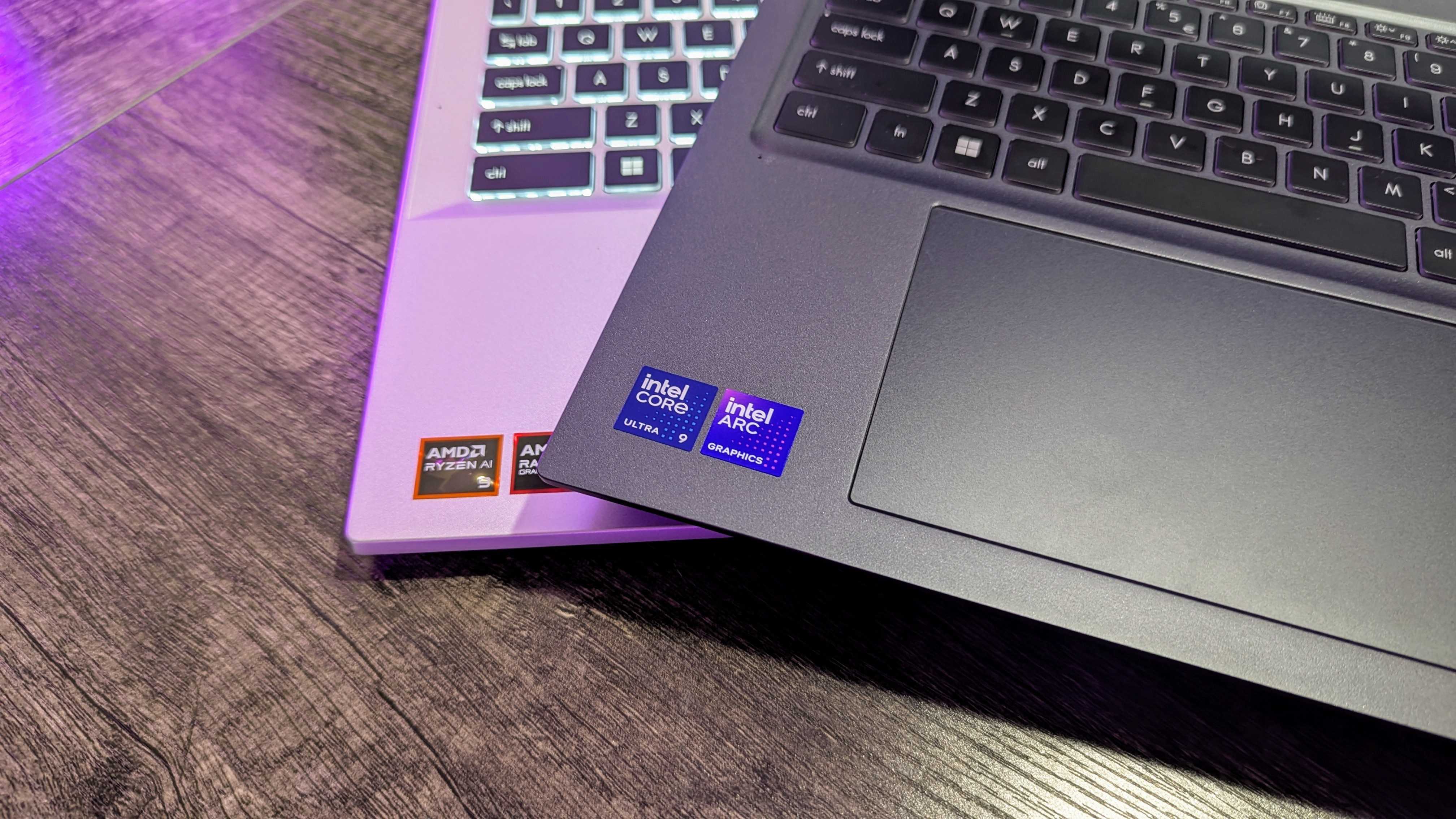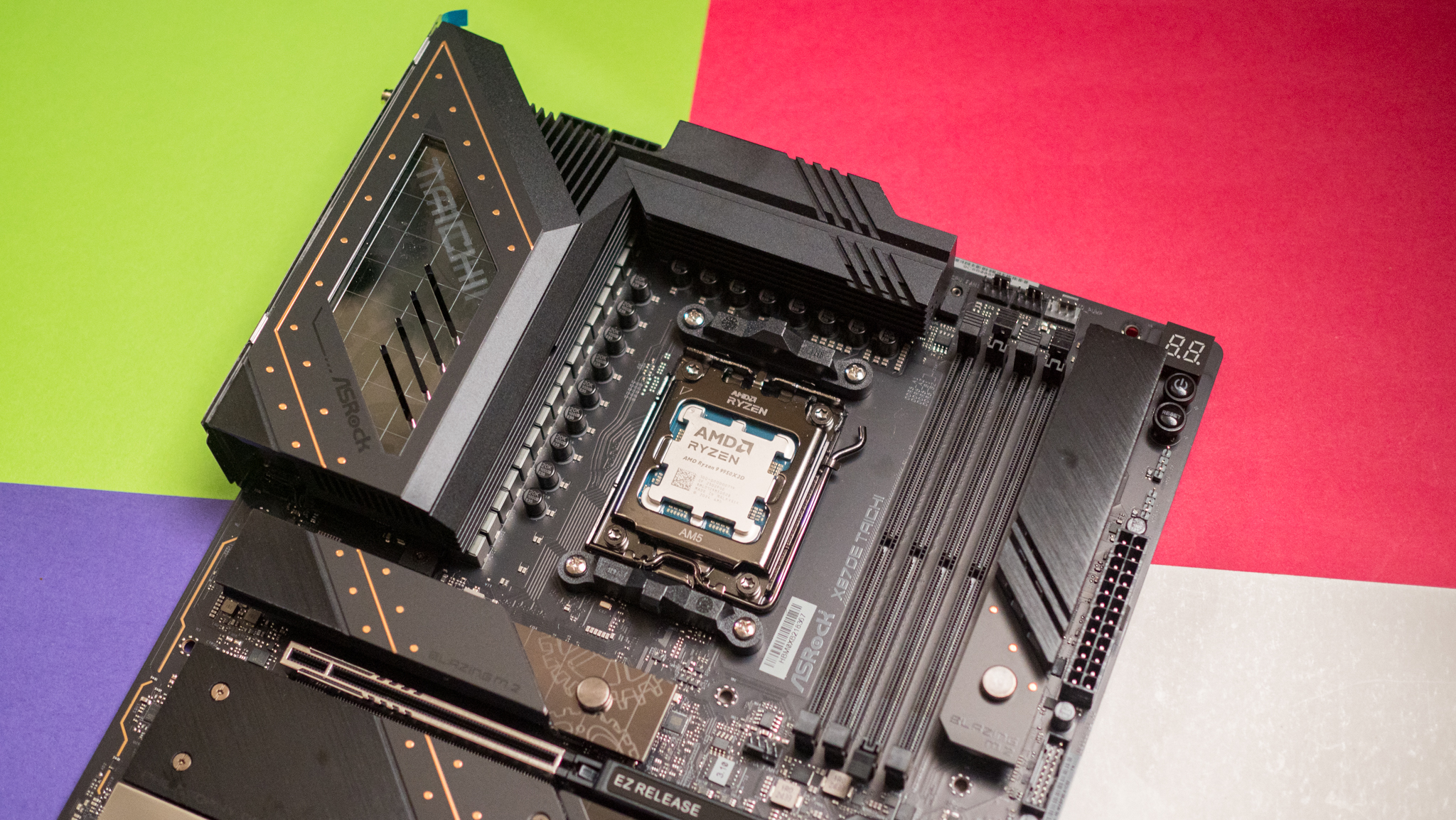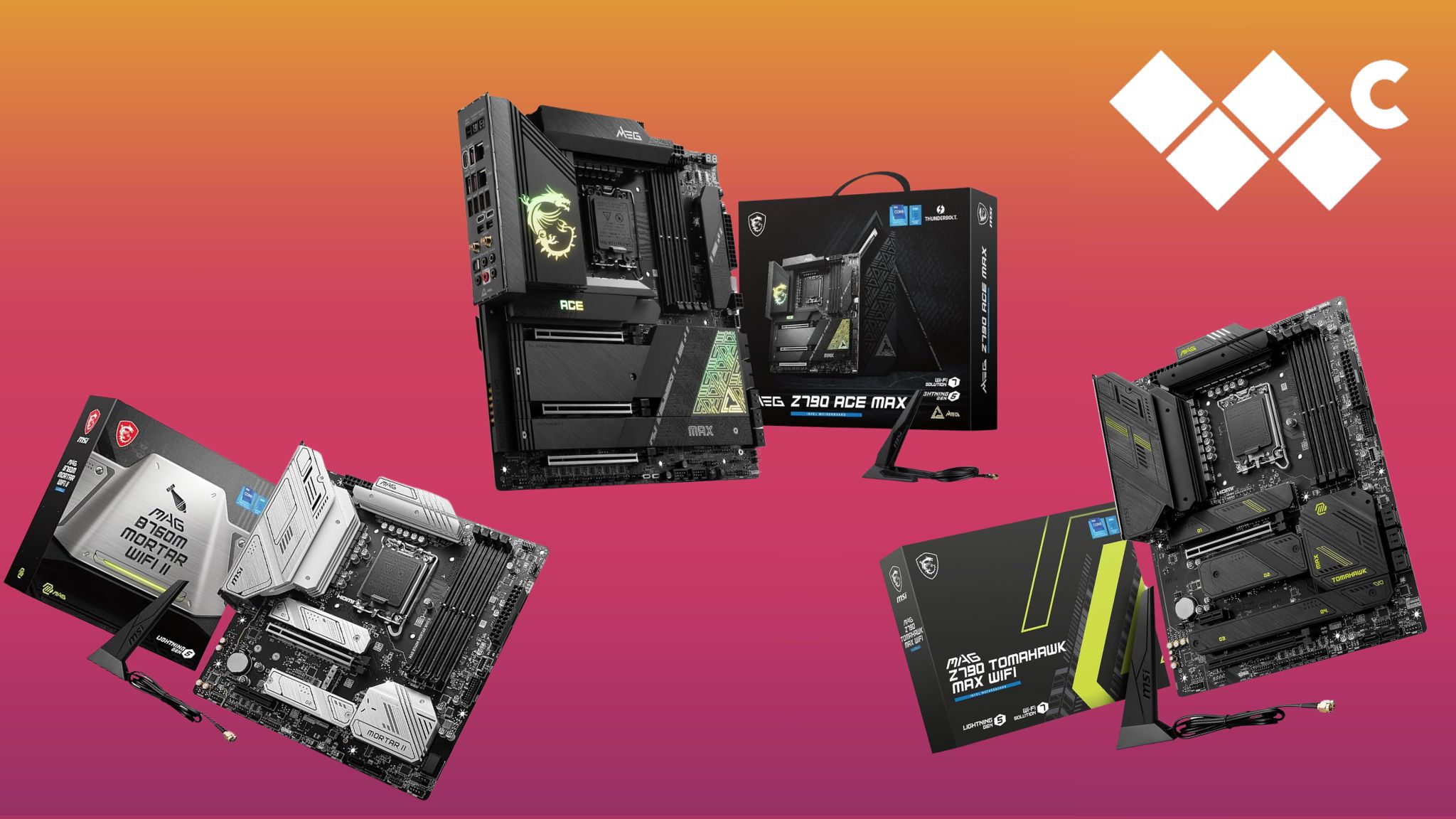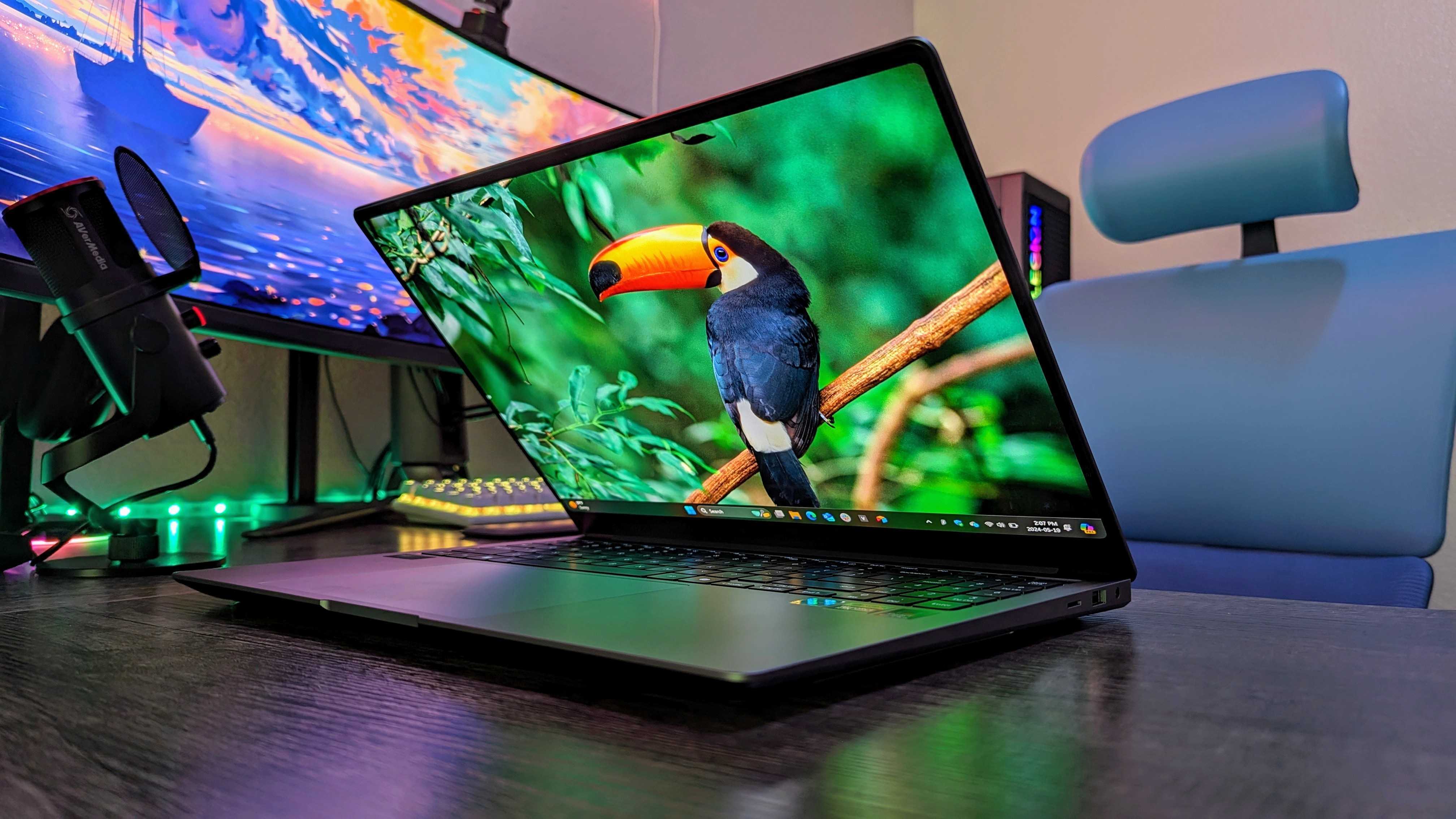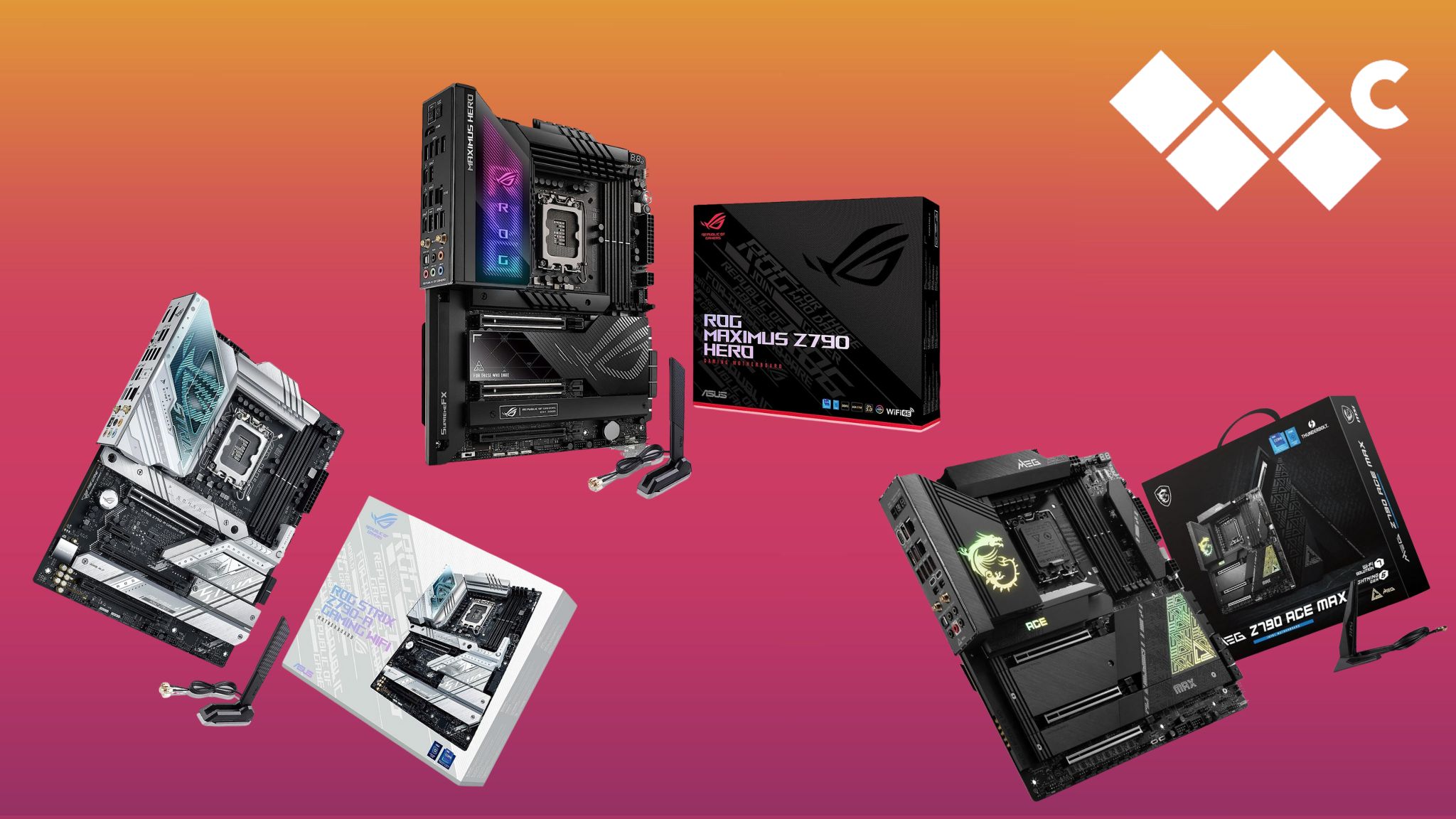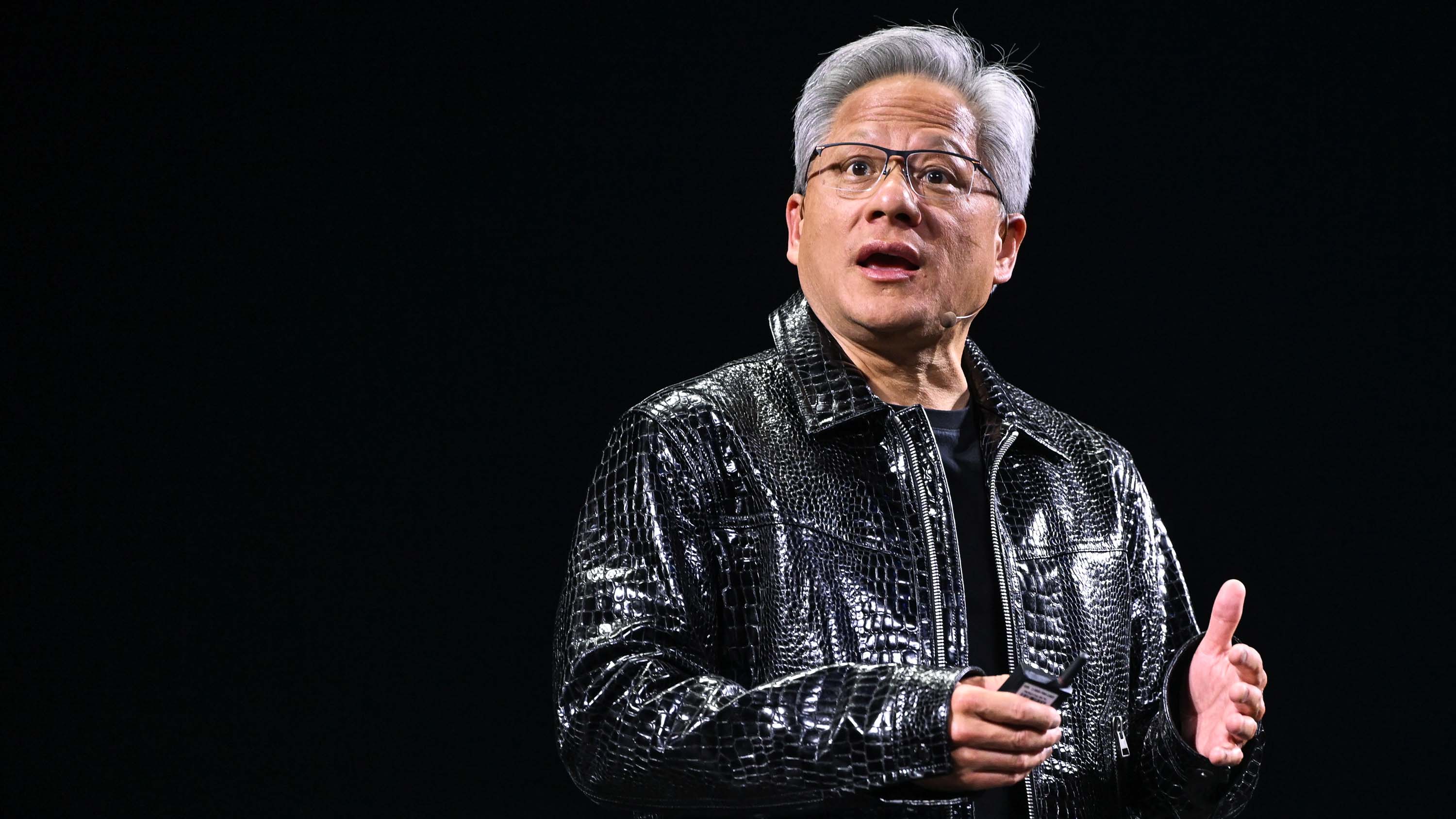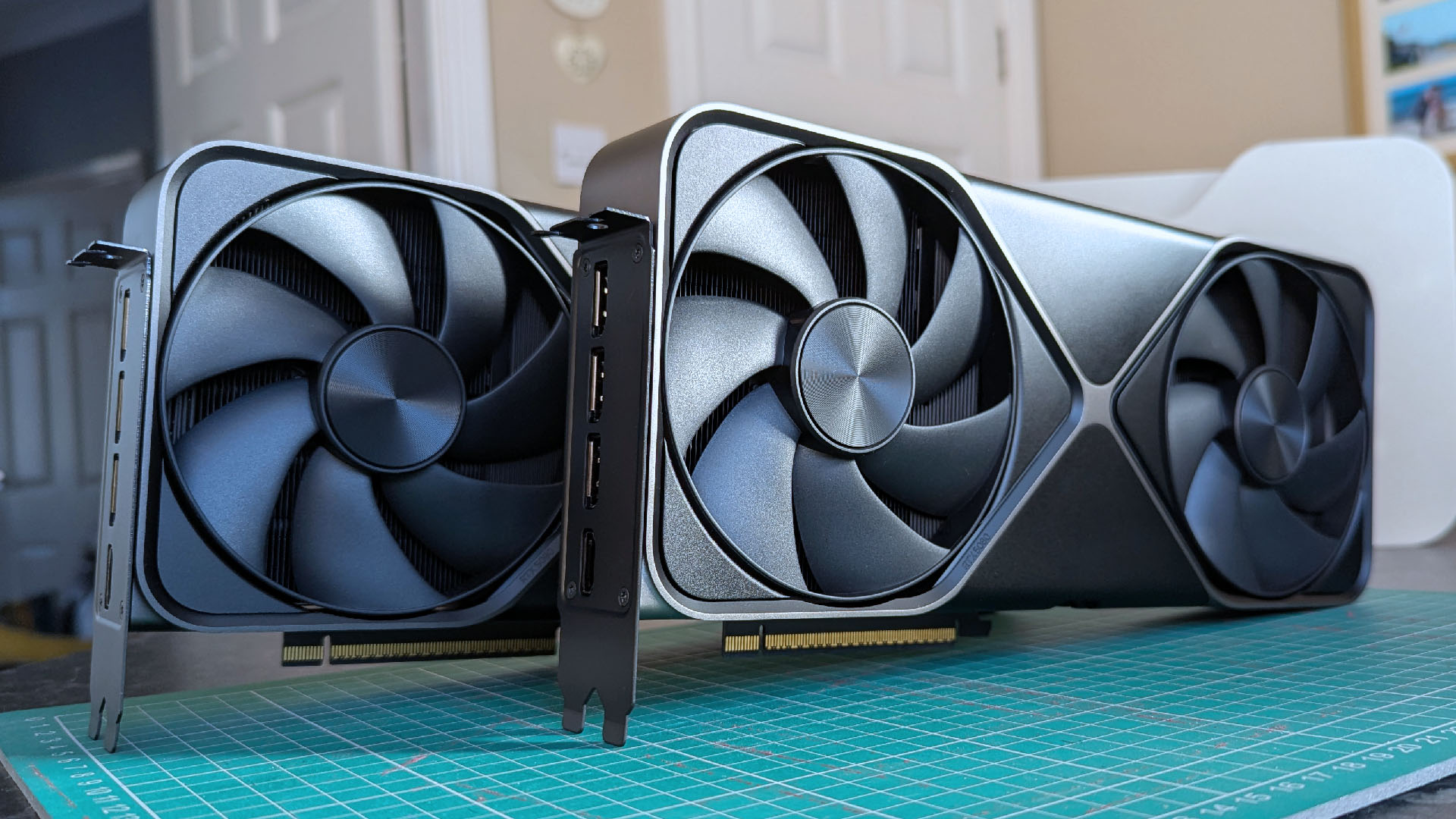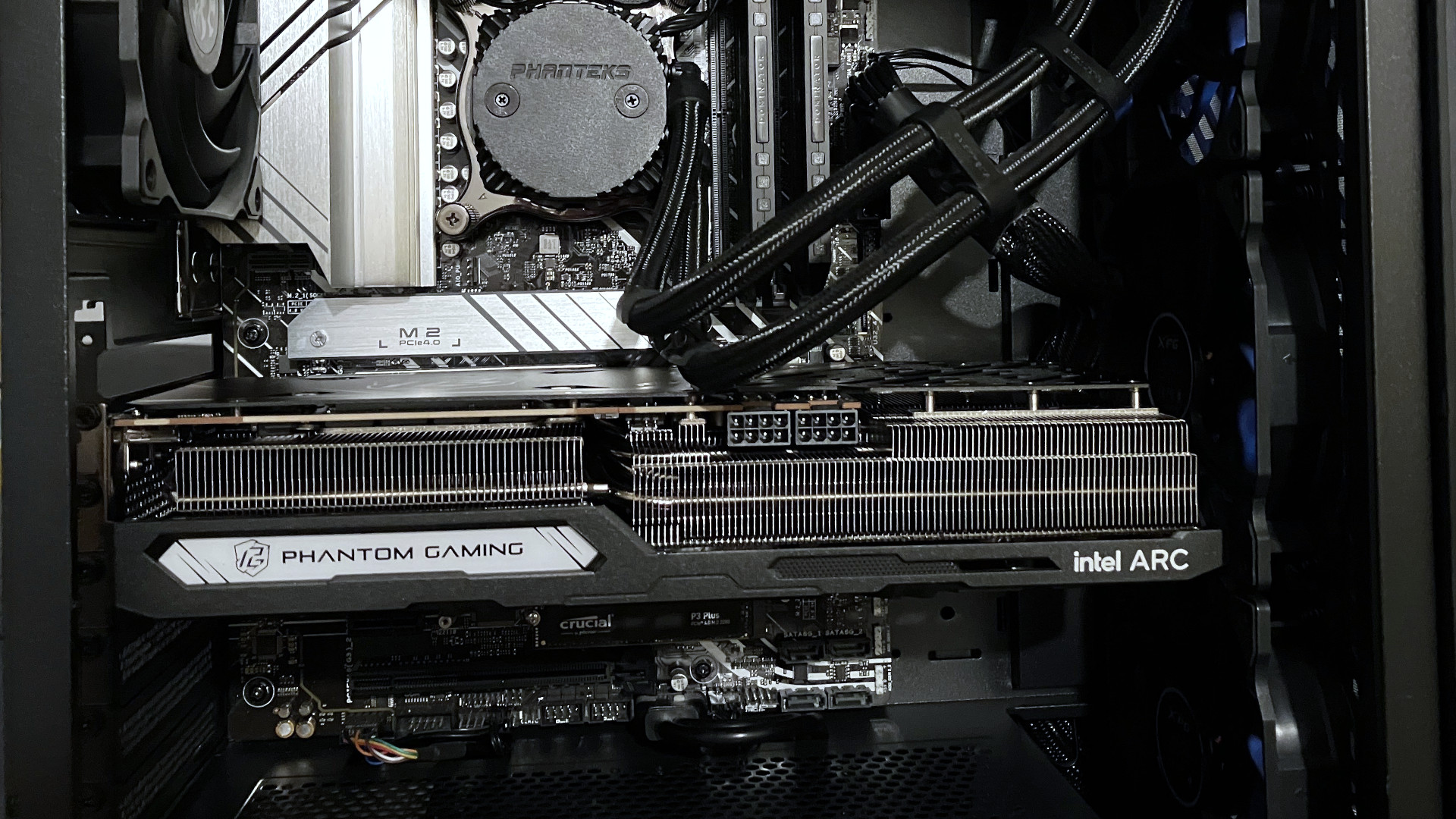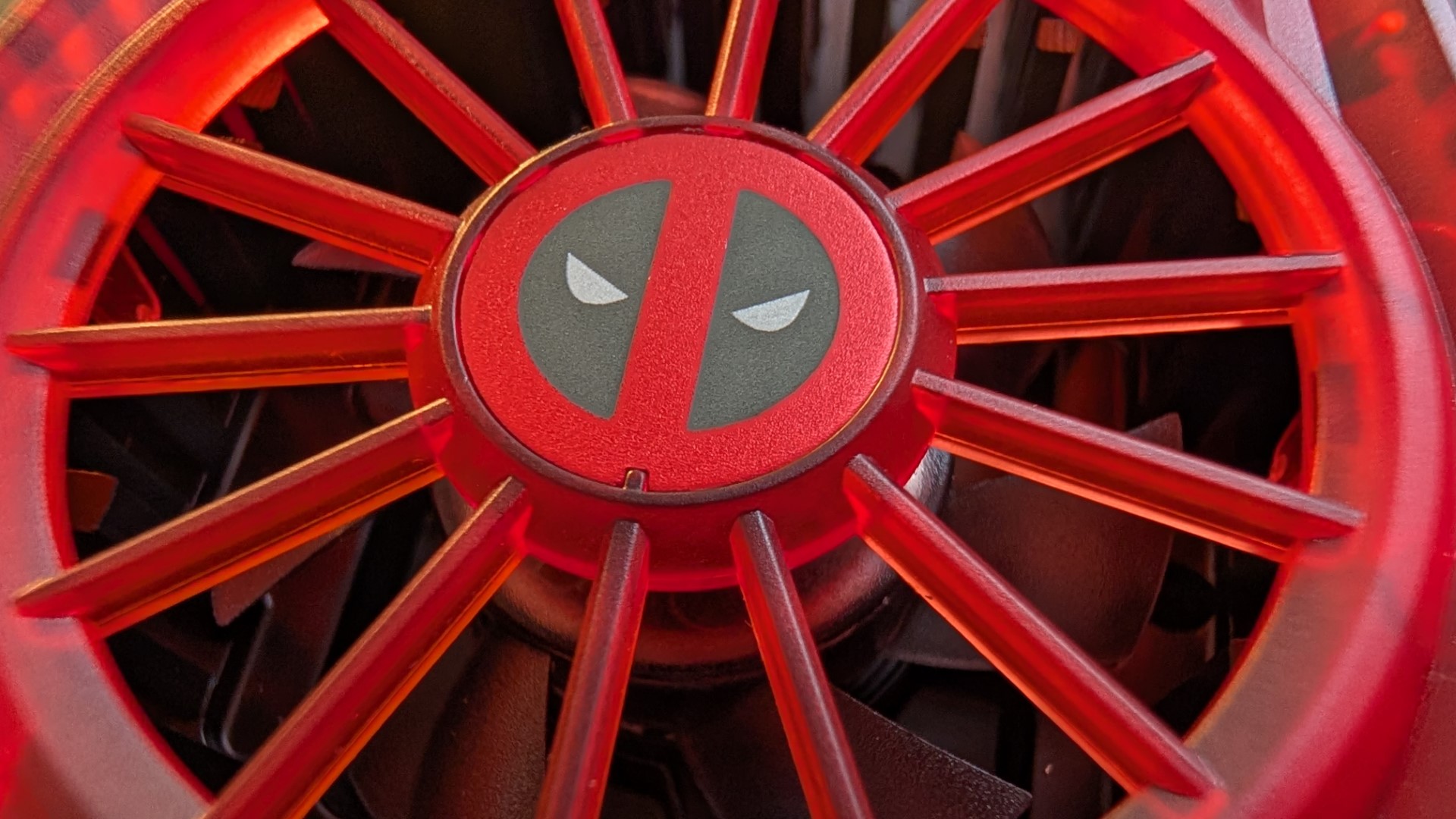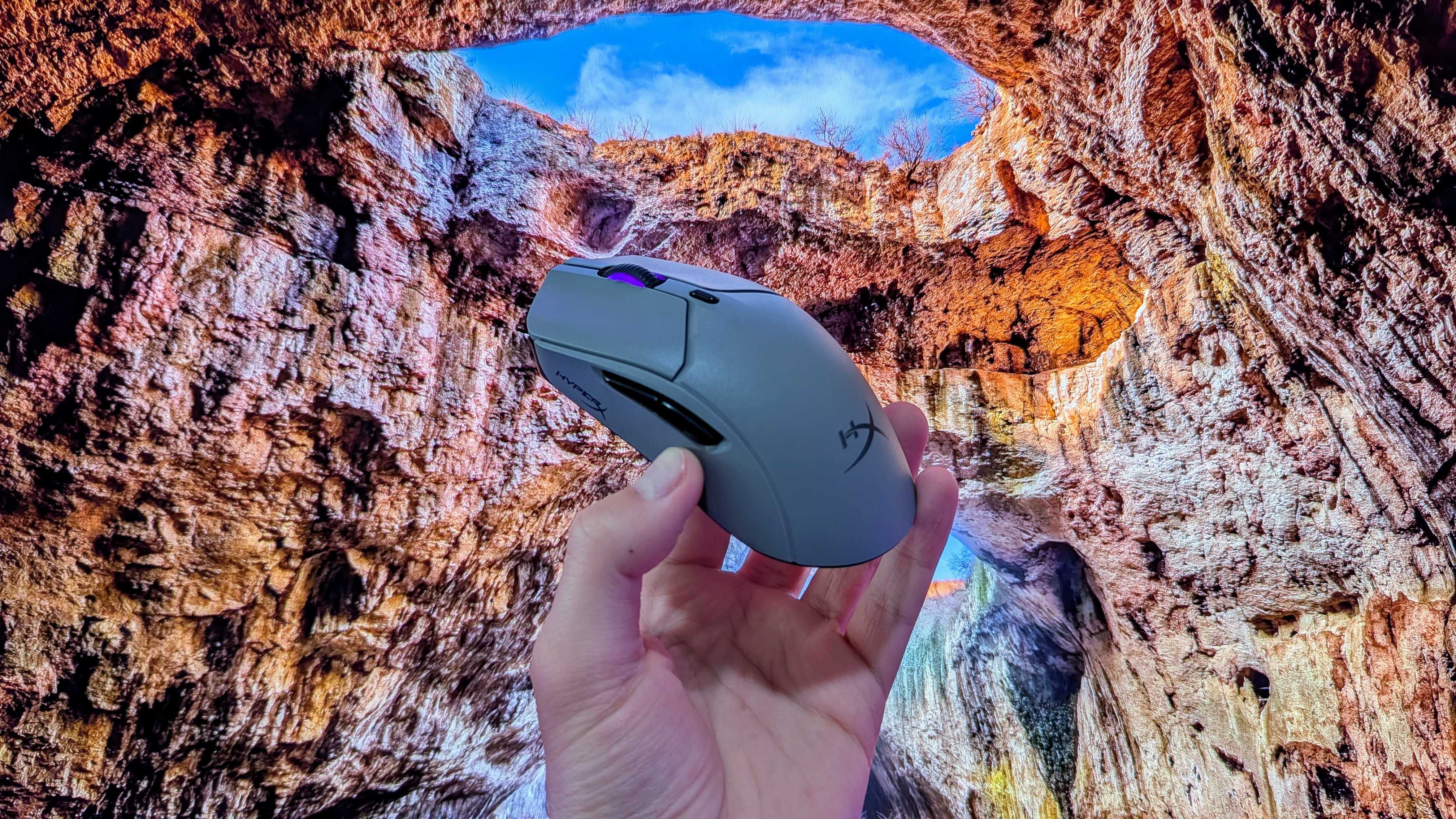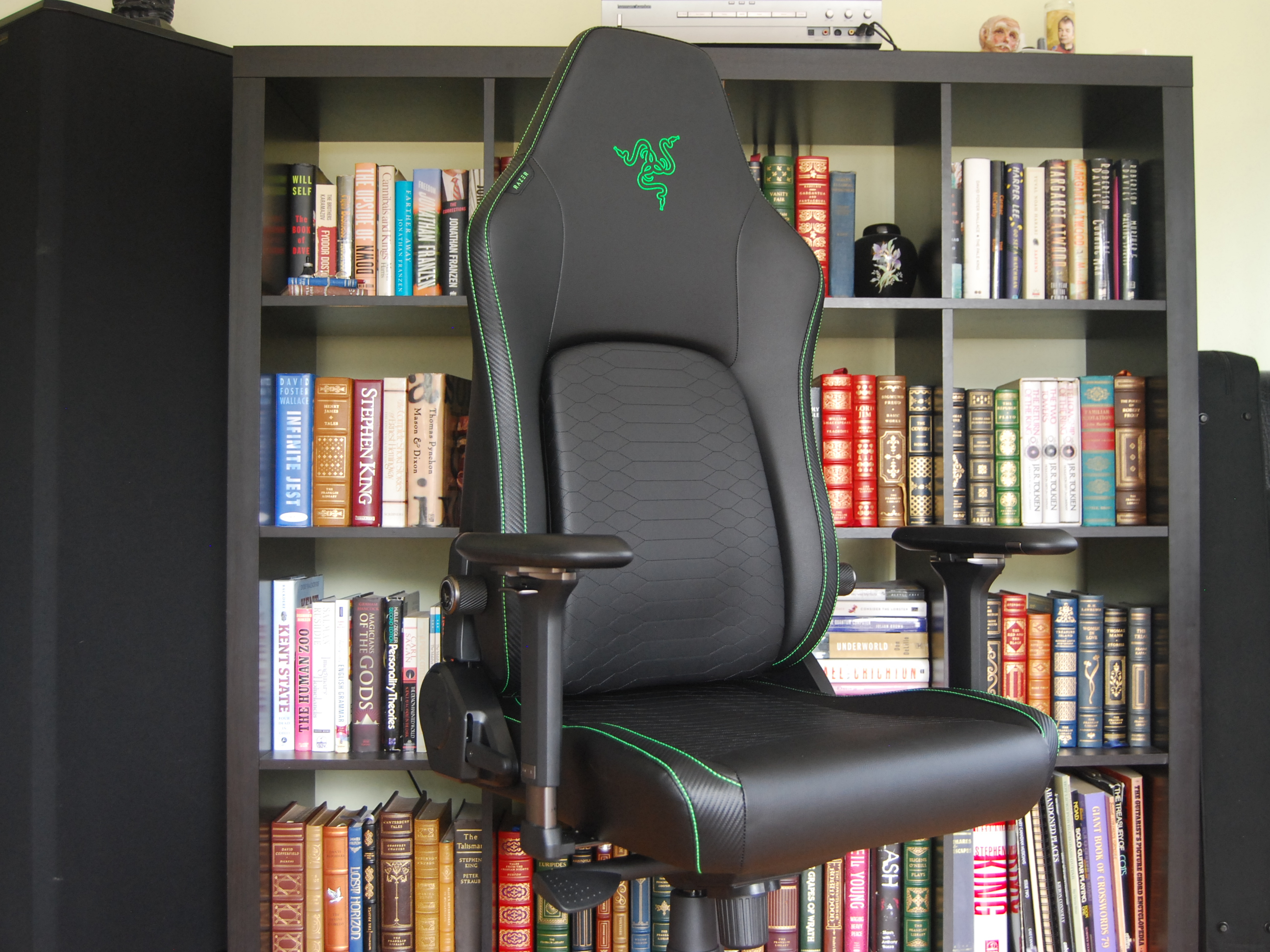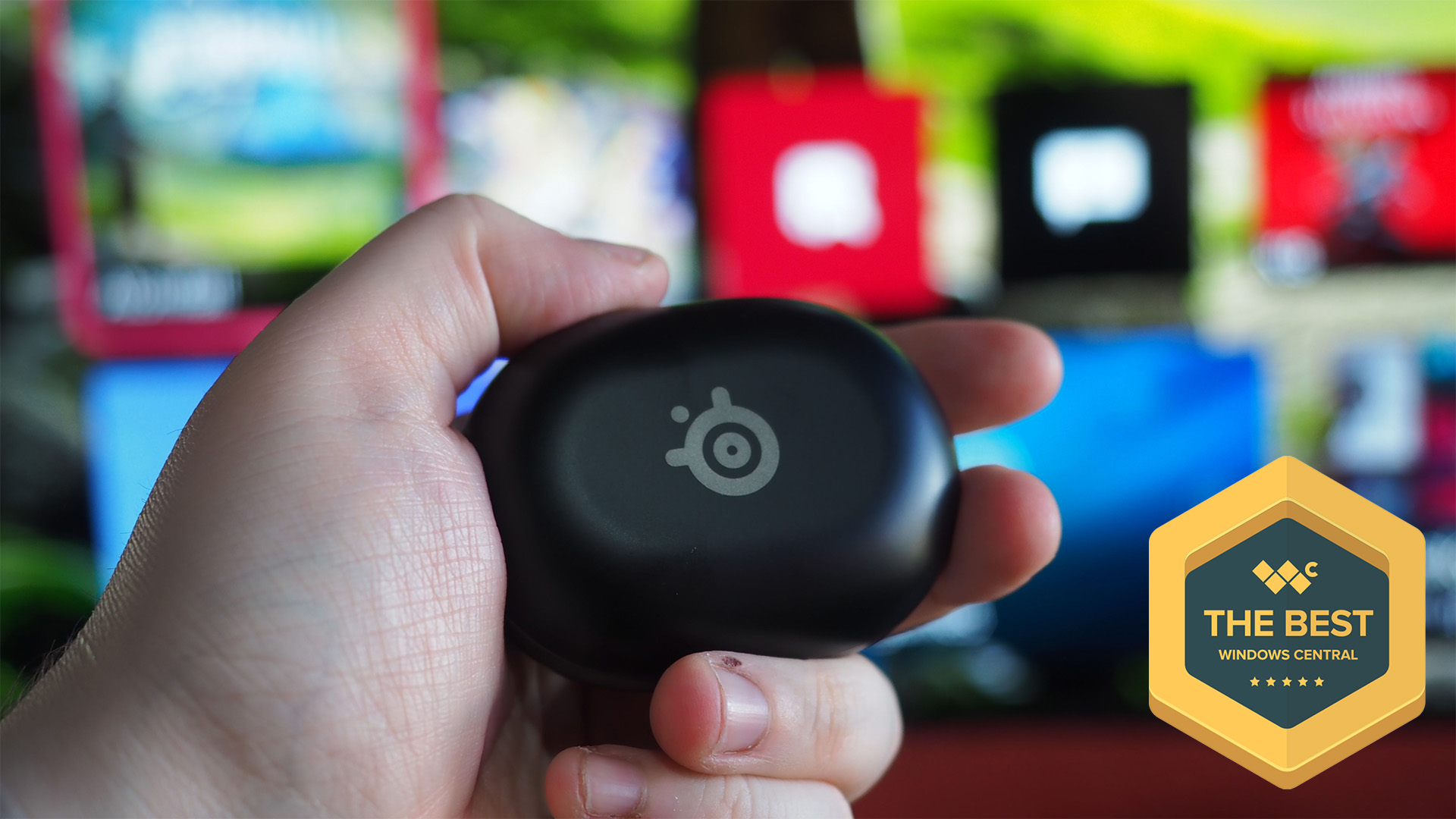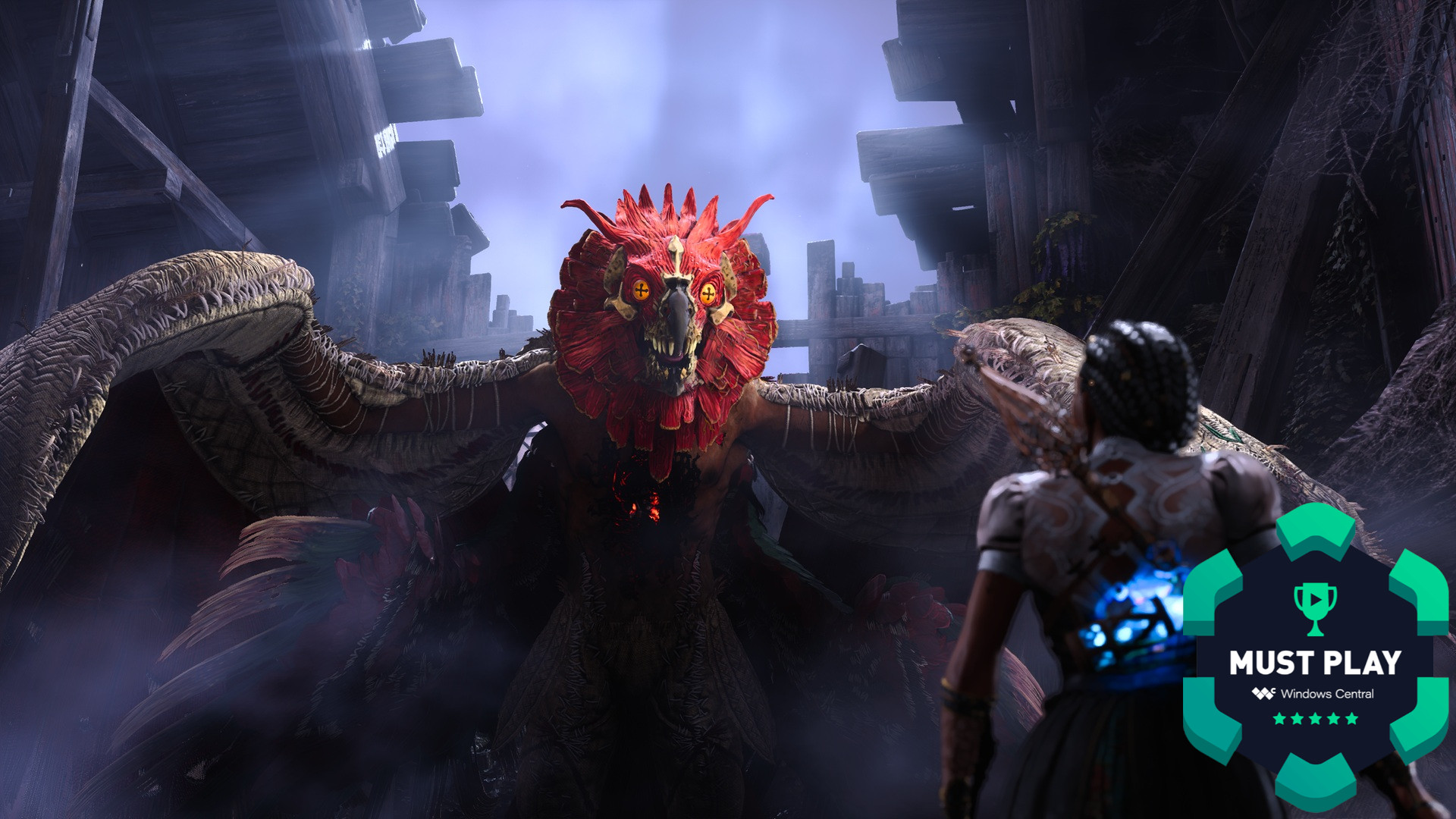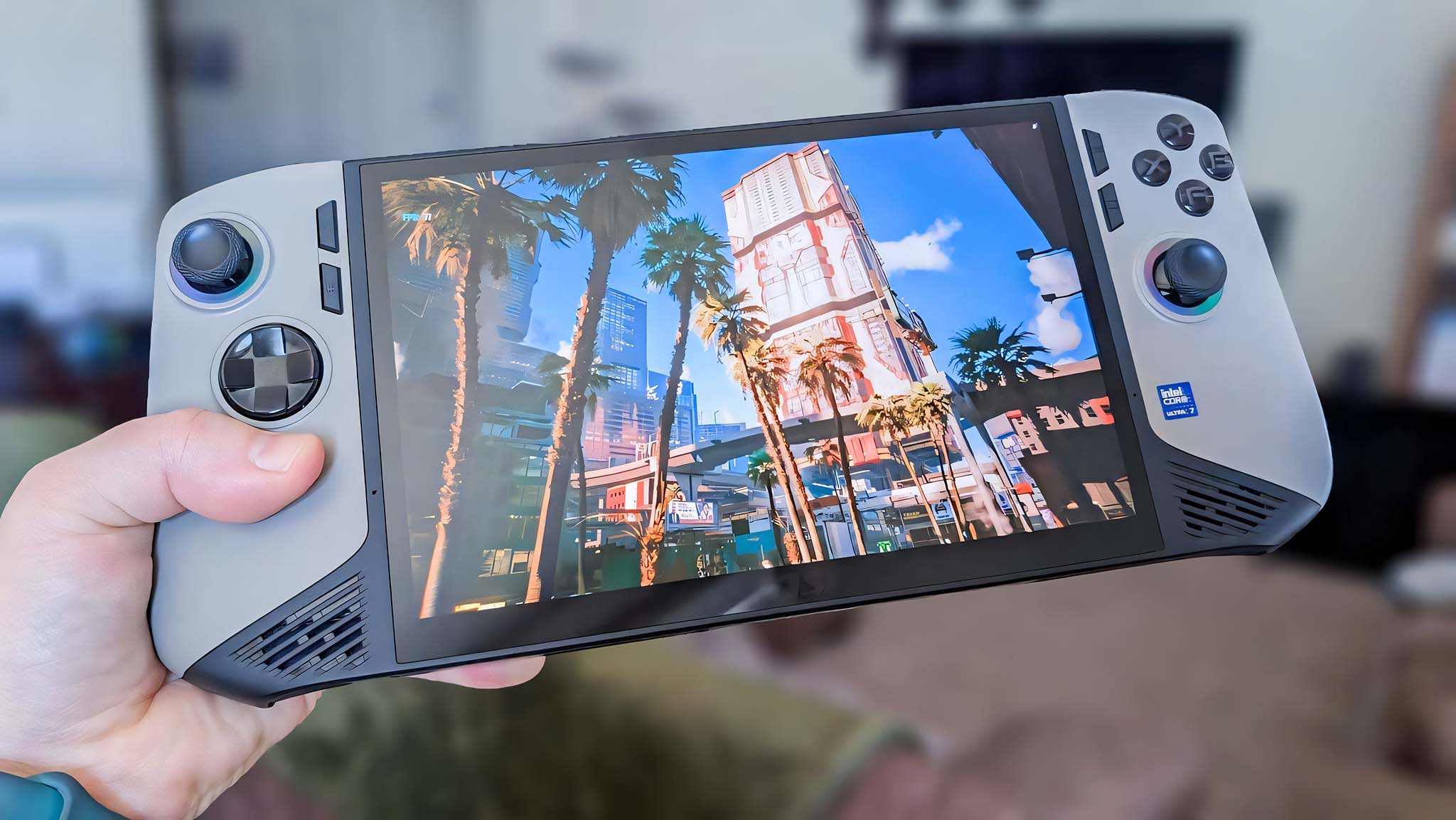Joining the Intel Core i9-14900K and the Intel Core i5-14600K is the middle-of-the-pack Intel Core i7-14700K.
The 14th Gen does not represent a big step forward for Intel.
That will come with Meteor Lake, along with the new naming scheme.

This year’s 14th Gen CPUs use the same socket as 12th and 13th Gen, no new motherboard needed.
Disclaimer: This review was conducted using a pre-release sample of the Intel Core i7-14700K provided by Intel.
The company did not see or influence the contents of this review.
As such, I’m left with mixed feelings over the Intel Core i7-14700K.

It very much depends on which angle you approach it from.
In isolation, this is a very good CPU.
The core count has been increased to 20, and the thread count up to 28.
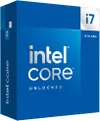
More cores, faster cores, same TDP as its predecessor.
You’ll also be ready for the future.
14th Gen adds support forWi-Fi 7which it’s possible for you to’t get from an earlier Intel CPU.

The KF variant, without an integrated GPU, is $25 less at $384.
The TJMax on the 14th Gen Core i7 also matches that of its predecessor, topping out at 100C.
Here’s a spec breakdown of the Core i7-14700K.
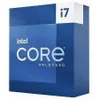
What’s also new with 14th Gen is support for the new Wi-Fi 7 standard.
It’s likely you’ll need aBIOS updatefirst, as I did on my ASUS Prime Z690 motherboard.
Intel Core i7-14700K: Performance
The performance of the new 14th Gen Intel Core i7 is good.
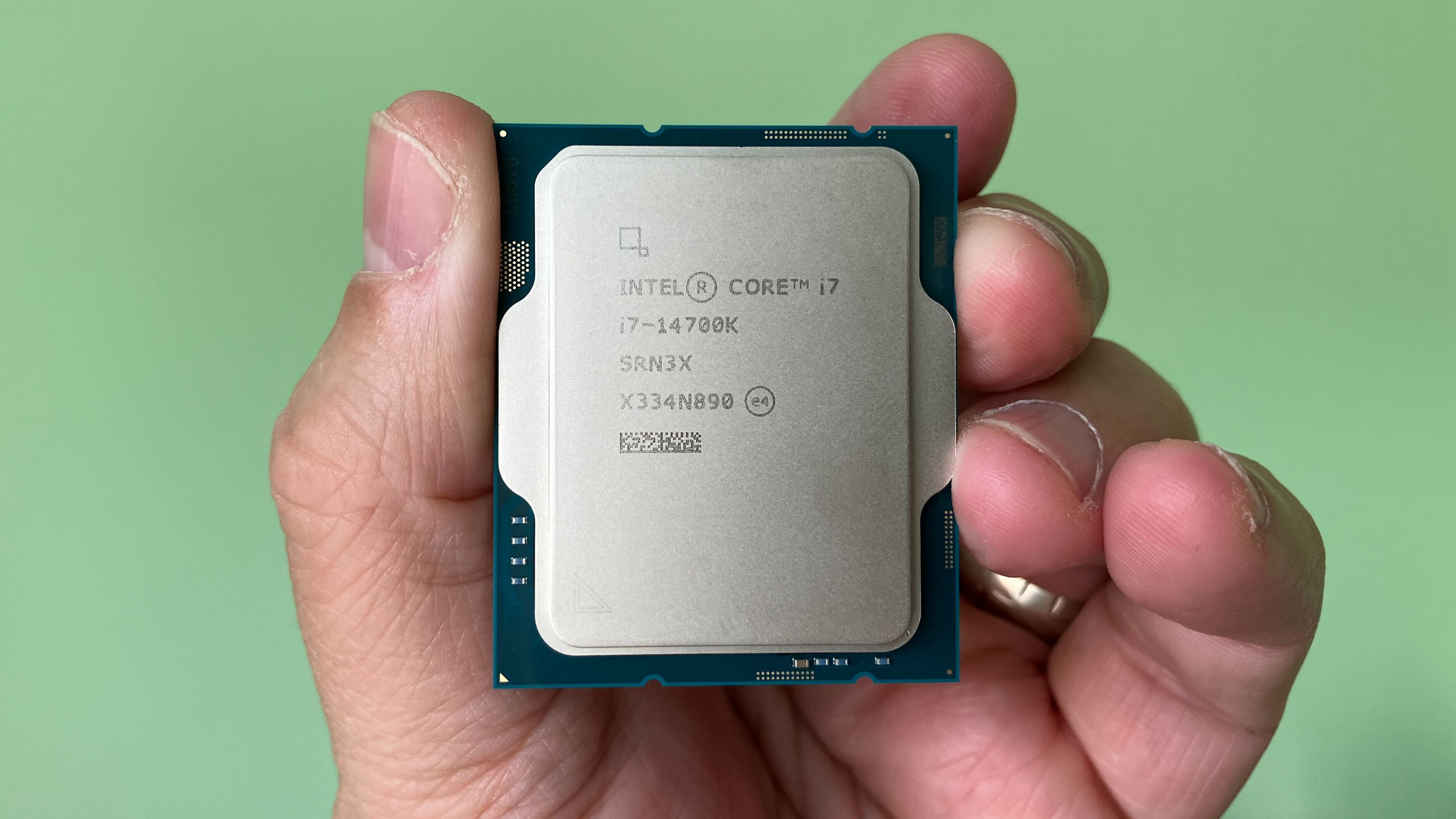
This year’s 14th Gen CPUs use the same socket as 12th and 13th Gen, no new motherboard needed.
OK, you want more than that.
This is where considering this CPU in isolation versus compared to its predecessor may change your outlook.
The gains here are much larger if you’re coming from 12th Gen or older.
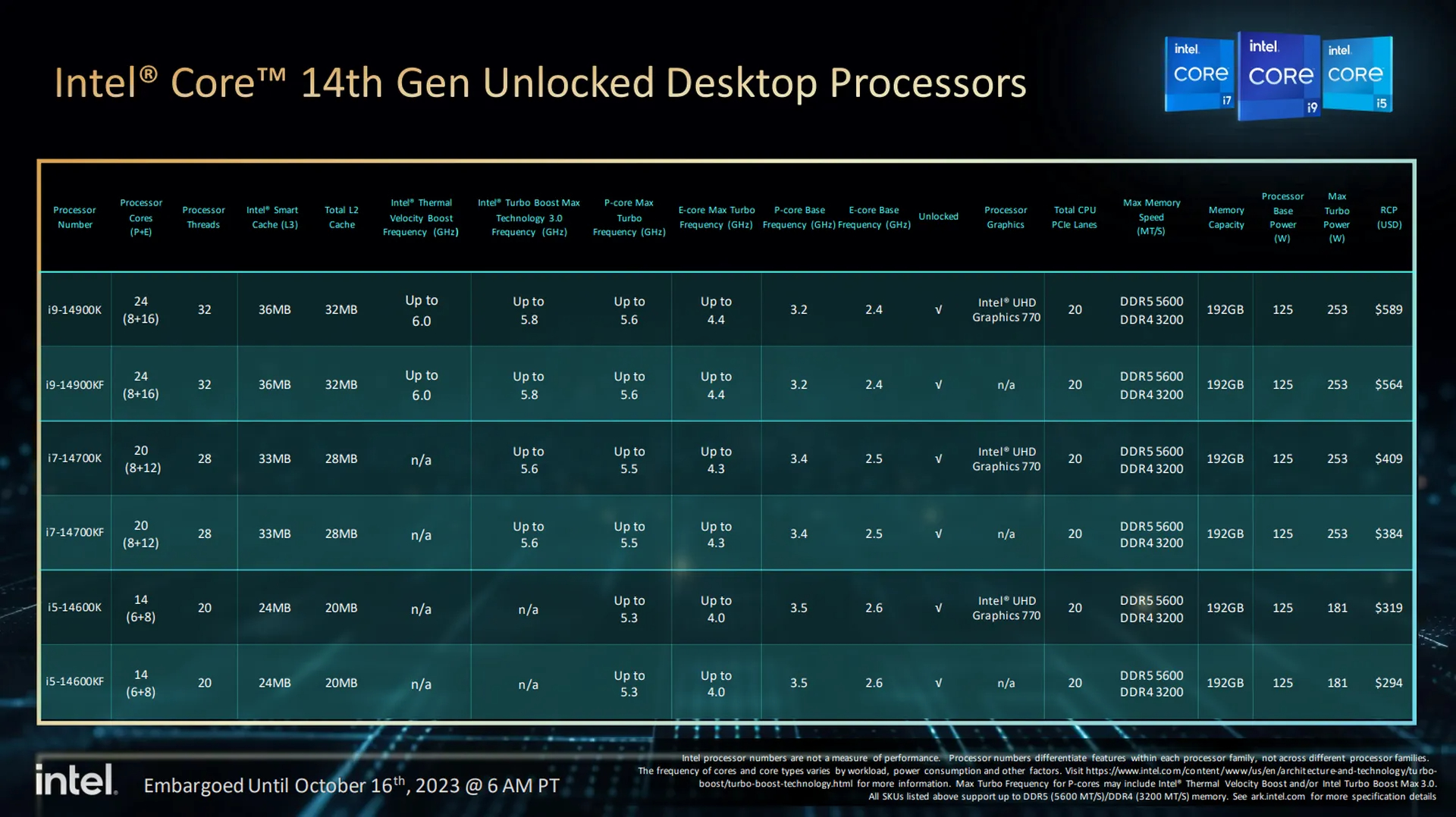
An overview of the first 14th Gen desktop CPUs from Intel.
To the performance benchmarks, then.
The graphs below show the Intel Core i7-14700K run through our suite of synthetic benchmarks.
The results are fairly boring, in the sense that they’re exactly what you’d expect to see.
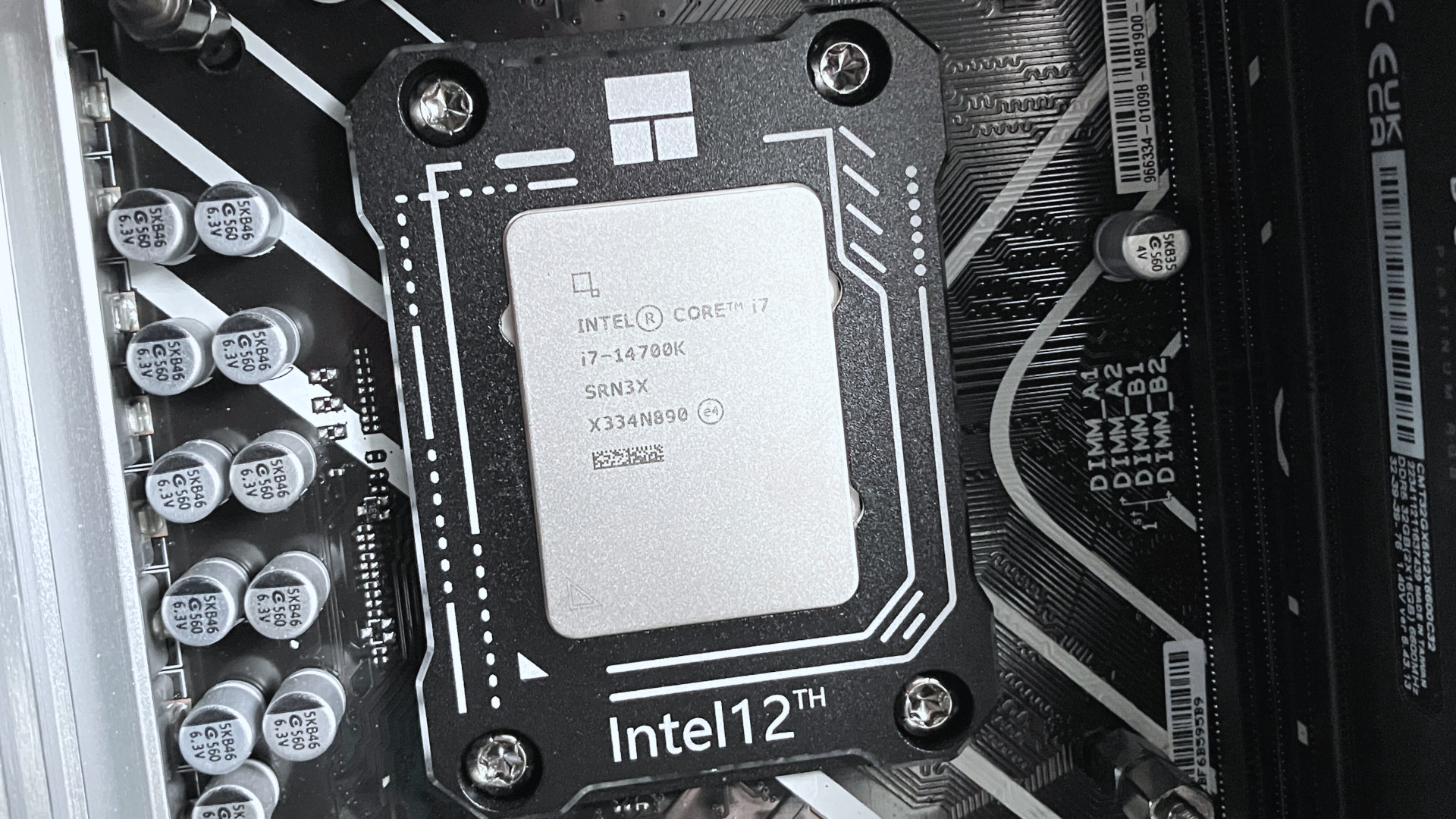
Performance across the board is strong on the Core i7-14700K.
It’s also mostly outperforming the competition, besting theRyzen 9 7900Xin a number of tests.
When you really let this CPU rip, it will do just that.
The trade-off is heat and the ability to blow right past its listed 253W TDP.
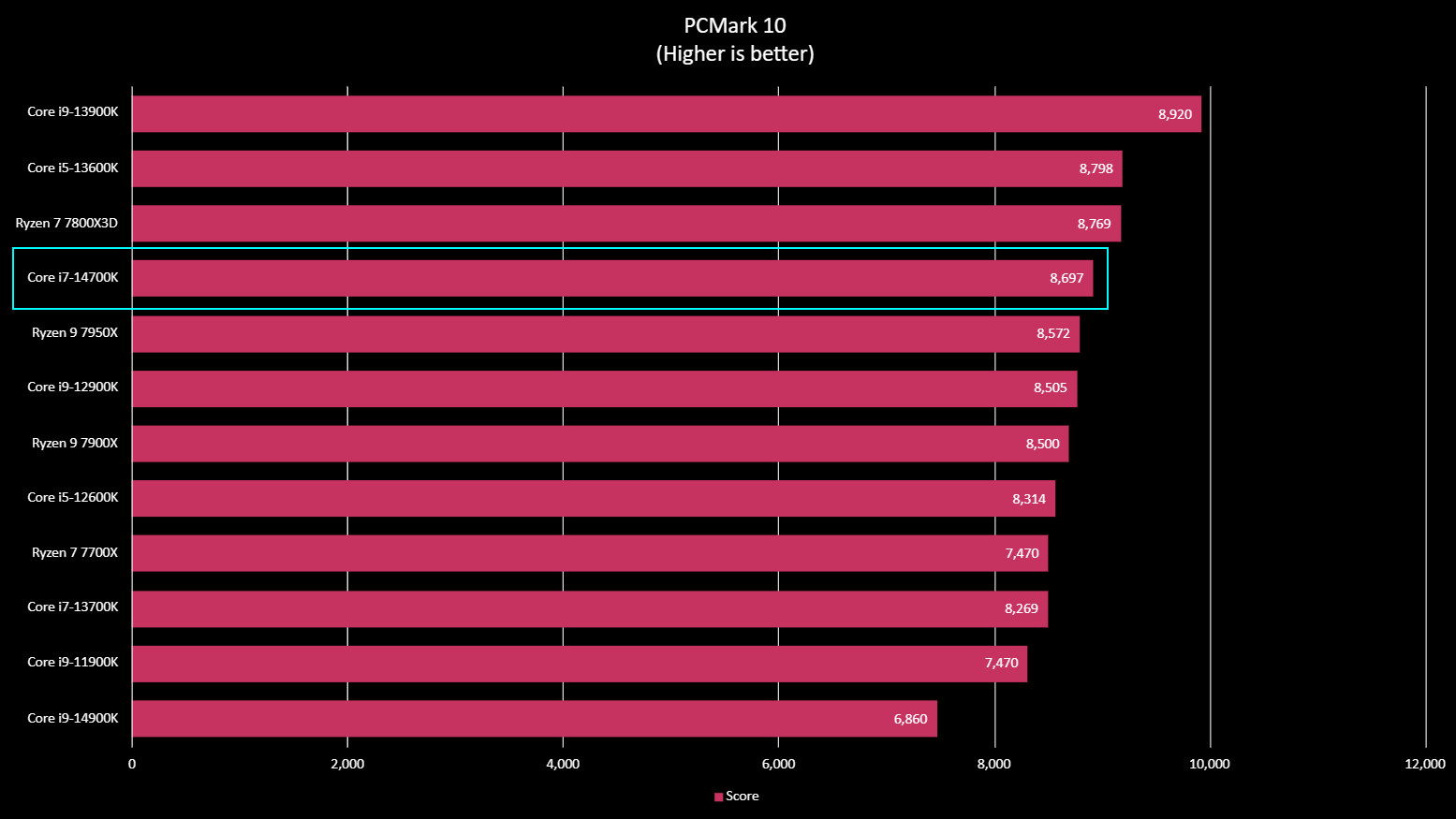
(Image credit: Future)
Thermal throttling kicks in at 95C, and the listed TJMax of 100C is accurate.
Nevertheless, I am still a little surprised by how far past 253W the Core i7-14700K can go.
The highest I’ve seen was a spike to 334W in Handbrake, though again, very briefly.
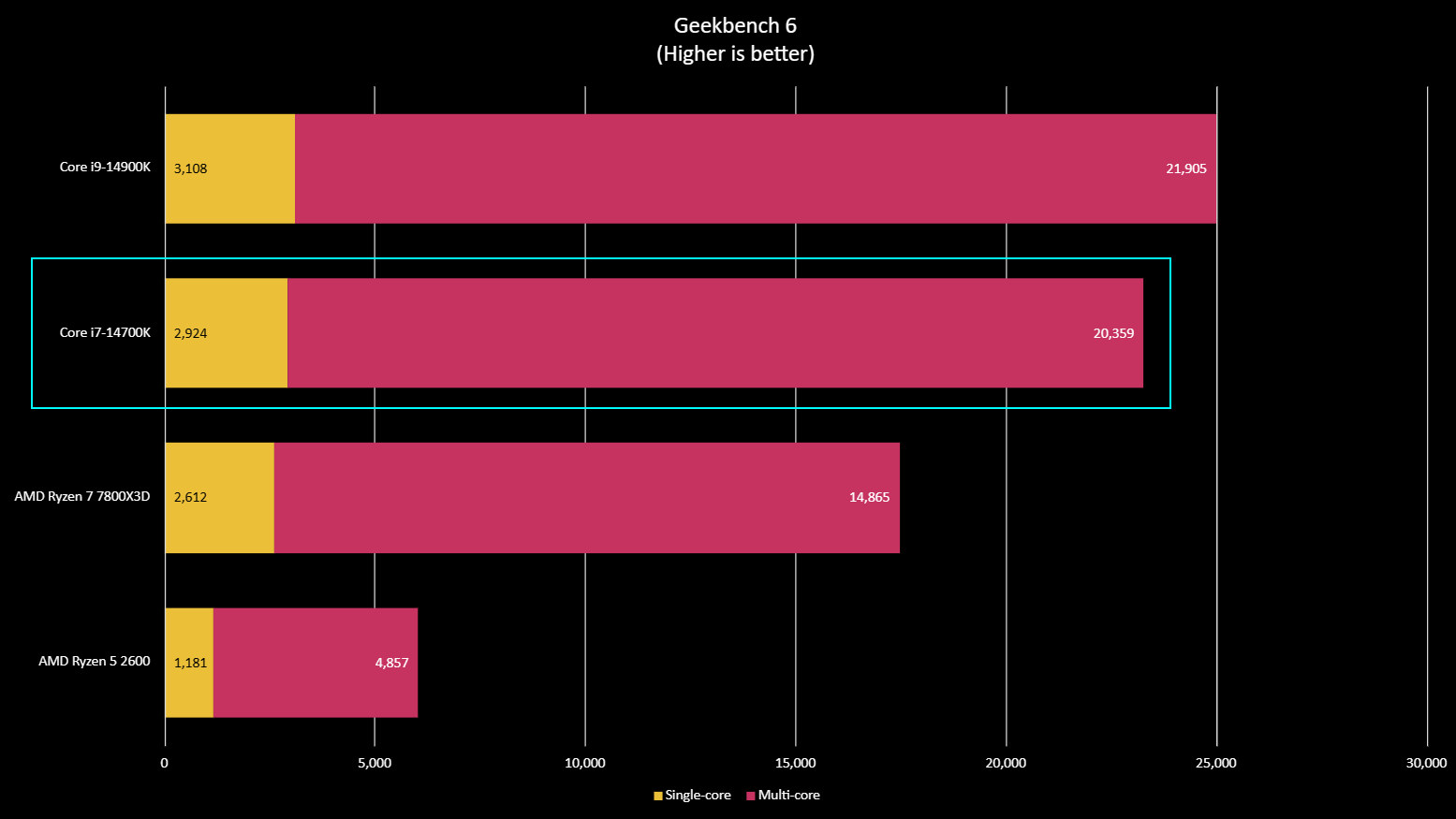
(Image credit: Windows Central)
Both temperatures and power draw are, thankfully, lower while gaming.
If you already use aCore i7-13700Kfor gaming, then your gains will be minimal.
But overall, game performance improvements here and in other titles are negligible.
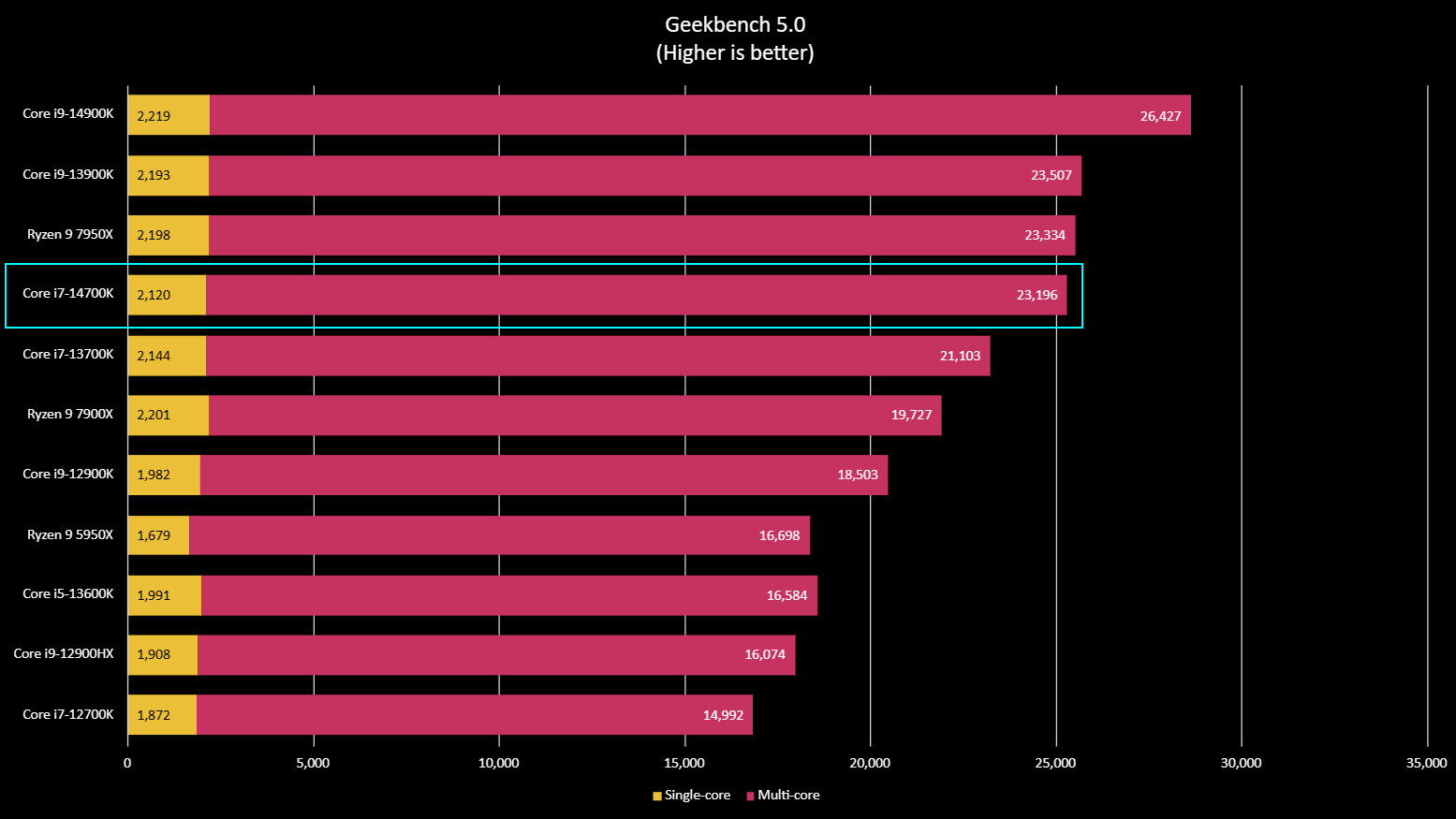
(Image credit: Windows Central)
There are gains to be found in creative workloads such as video encoding, though.
Bumping the core count on the Core i7 without bumping the price is certainly a win.
It’s no small feat, and it certainly bests the Ryzen 7 7700X.
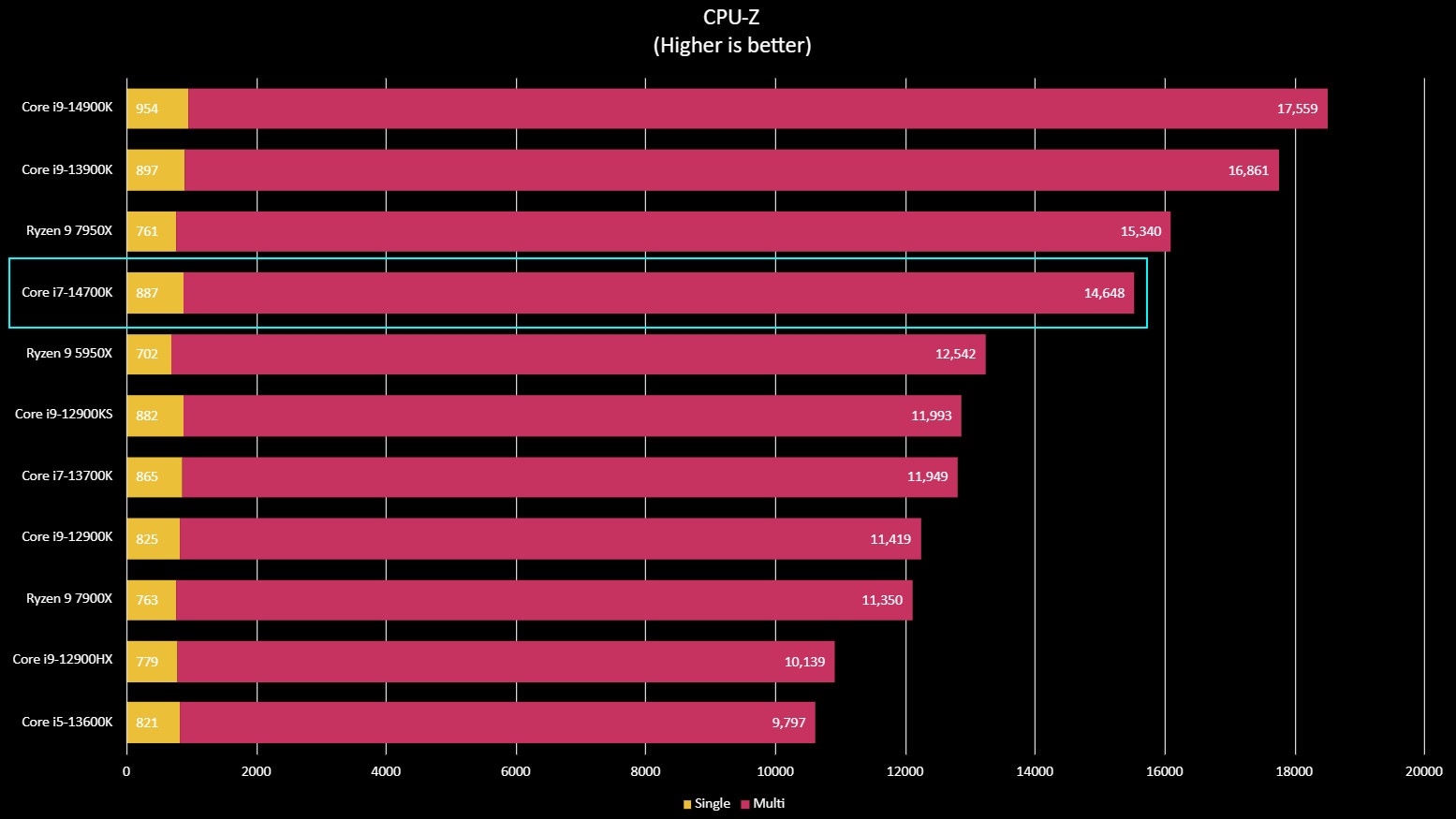
(Image credit: Windows Central)
For upgrading your system this is a handy cost-cutting exercise since it’s one less part to buy.
The main competition really comes from Intel itself.
For gamers, the 13th or 14th Gen Core i5 is also an excellent option.
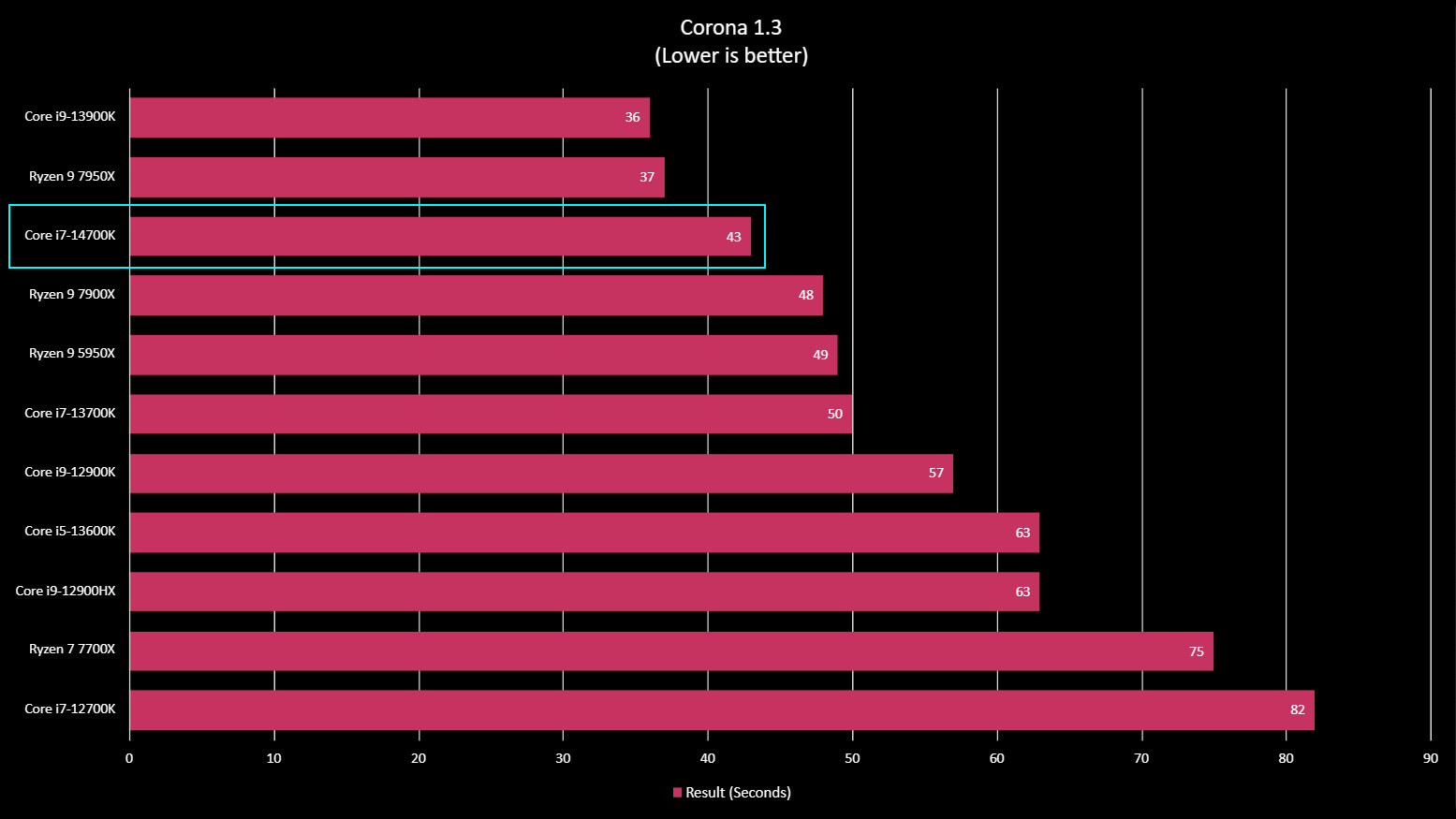
(Image credit: Windows Central)
Intel Core i7-14700K: Should you buy it?
That said, the Core i7-14700K is the most upgraded of them all.
It’s the only one of the three launch CPUs that Intel added more cores to.
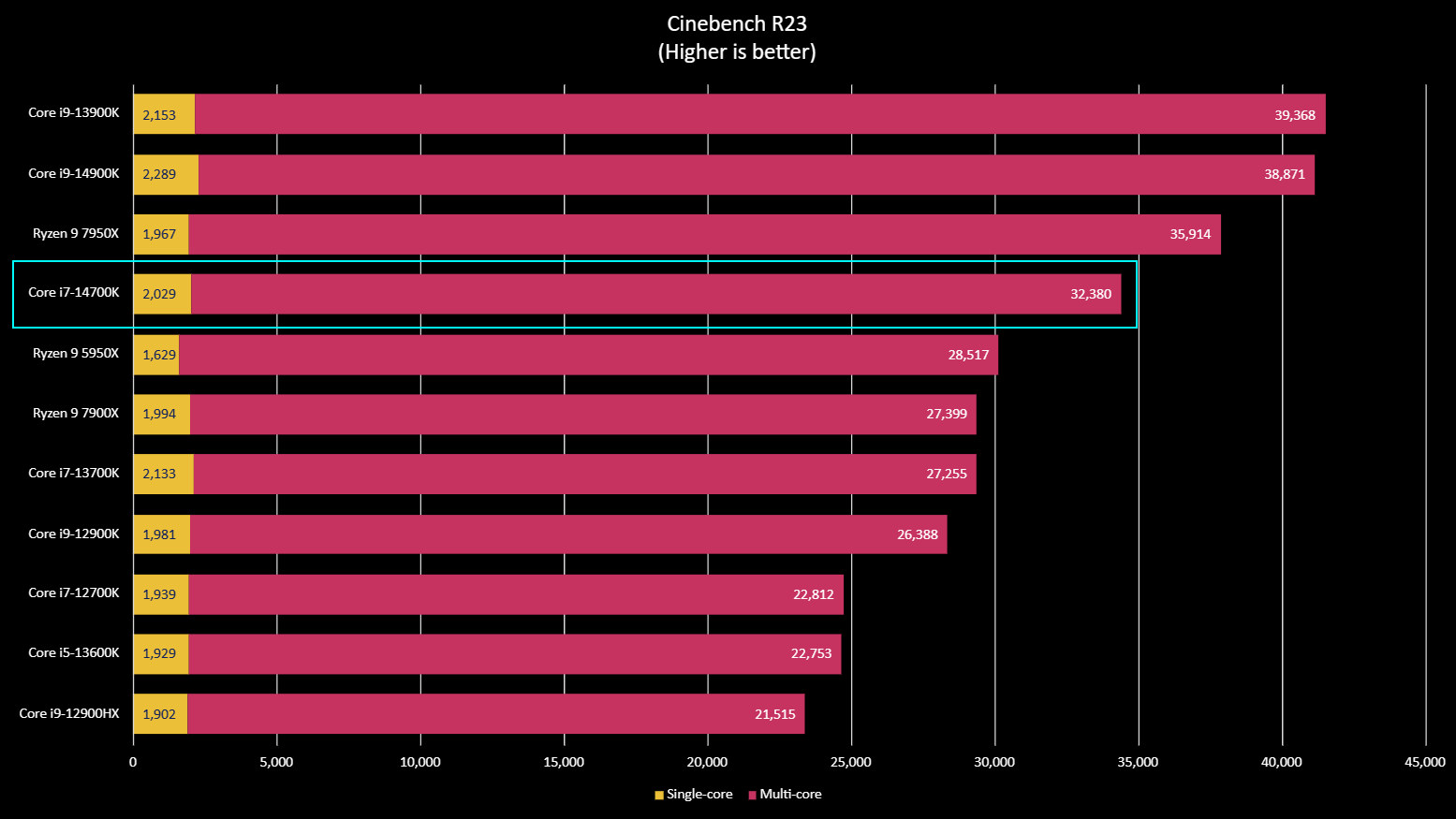
(Image credit: Windows Central)
As I’ve already said, in isolation, this is an excellent CPU.
A mild upgrade over 13th Gen (..) and not such an easy recommendation.
Whether you should actually buy one depends on what you’re currently using, though.
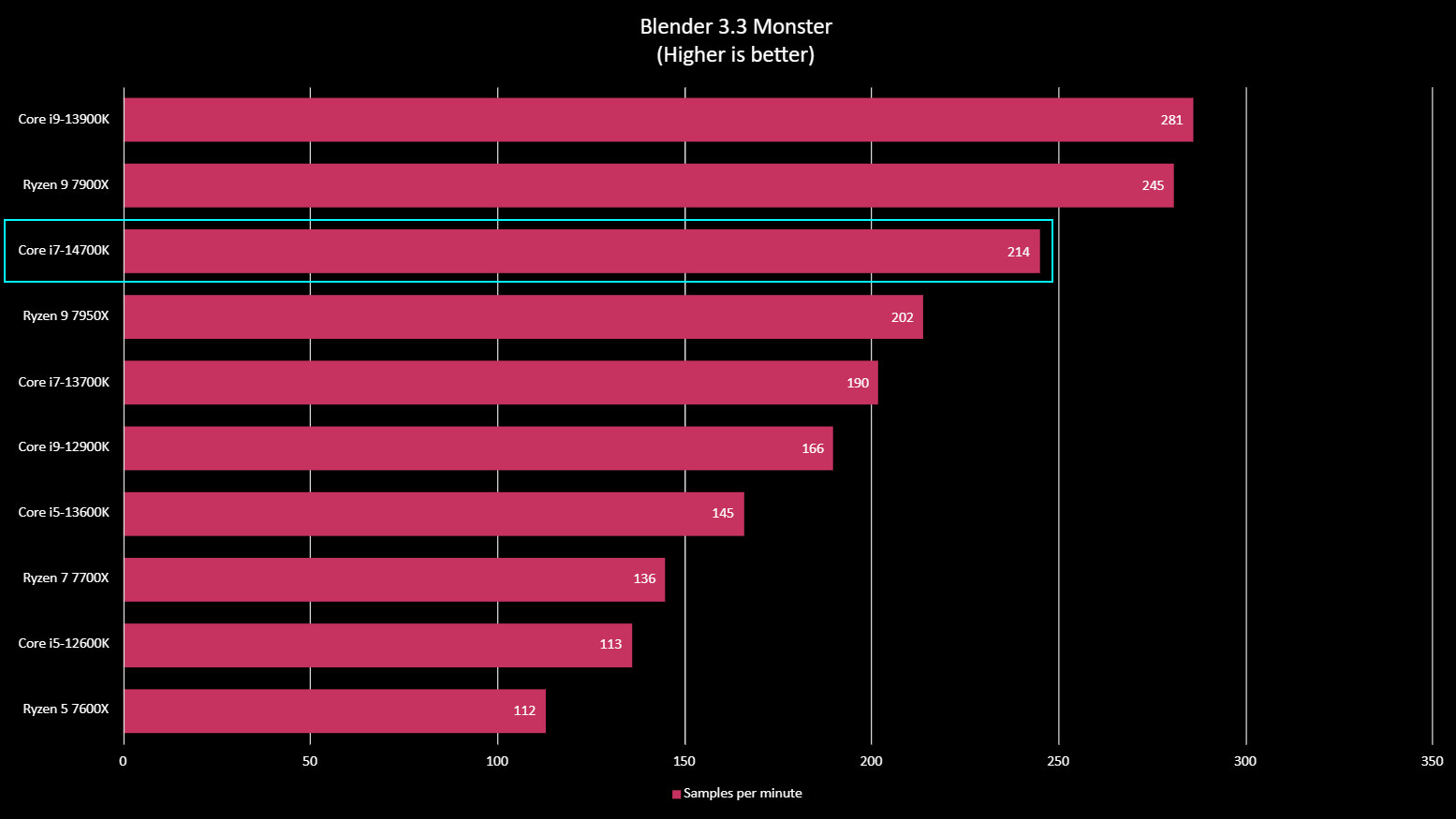
(Image credit: Windows Central)
And that’s the story.
The Intel Core i7-14700K is excellent.
Or if you could find a great price on that 13700K, especially if you’re a gamer.
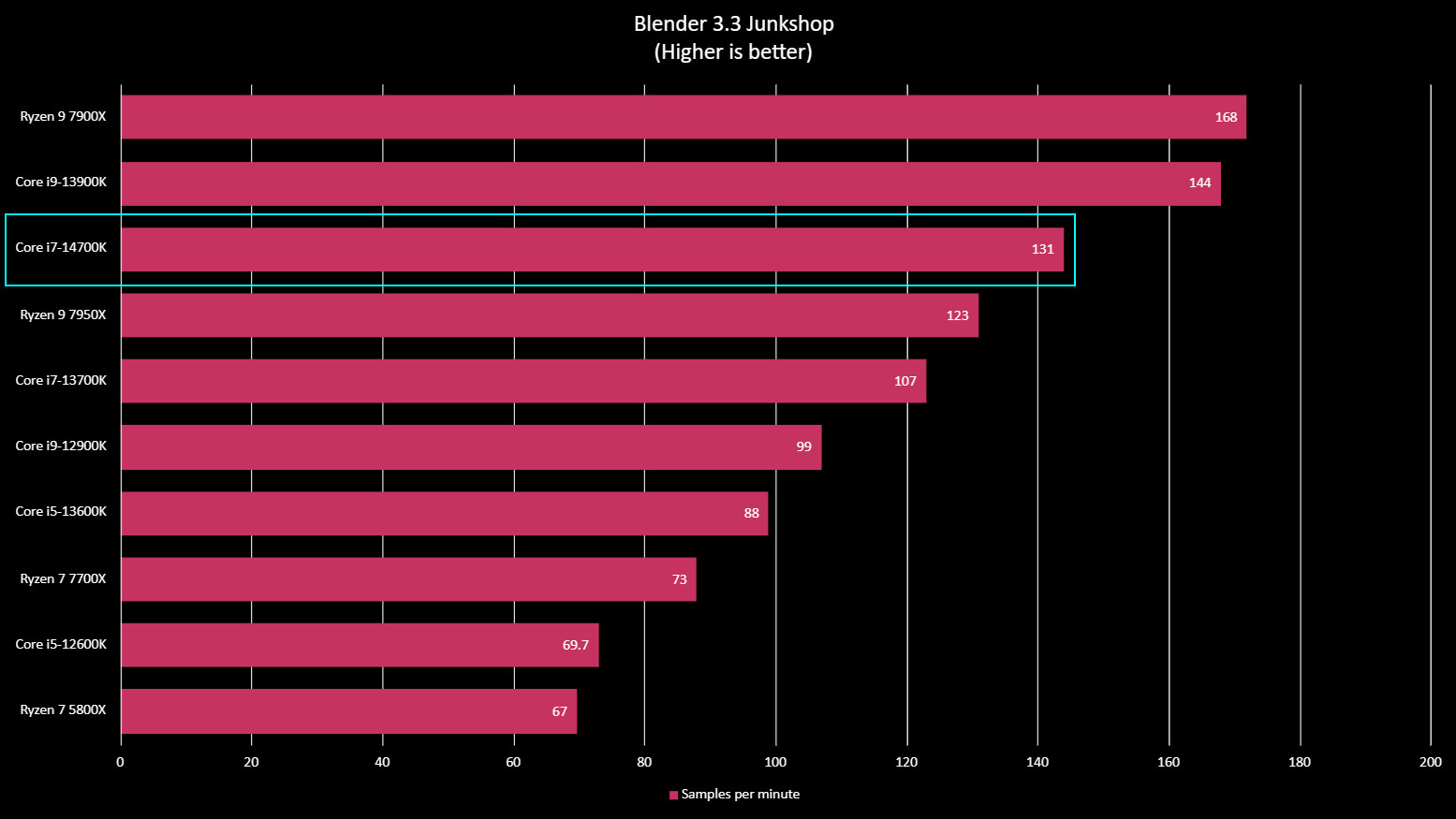
(Image credit: Windows Central)
On its own, an excellent CPU packing tons of power without an increased power consumption over the last-gen.
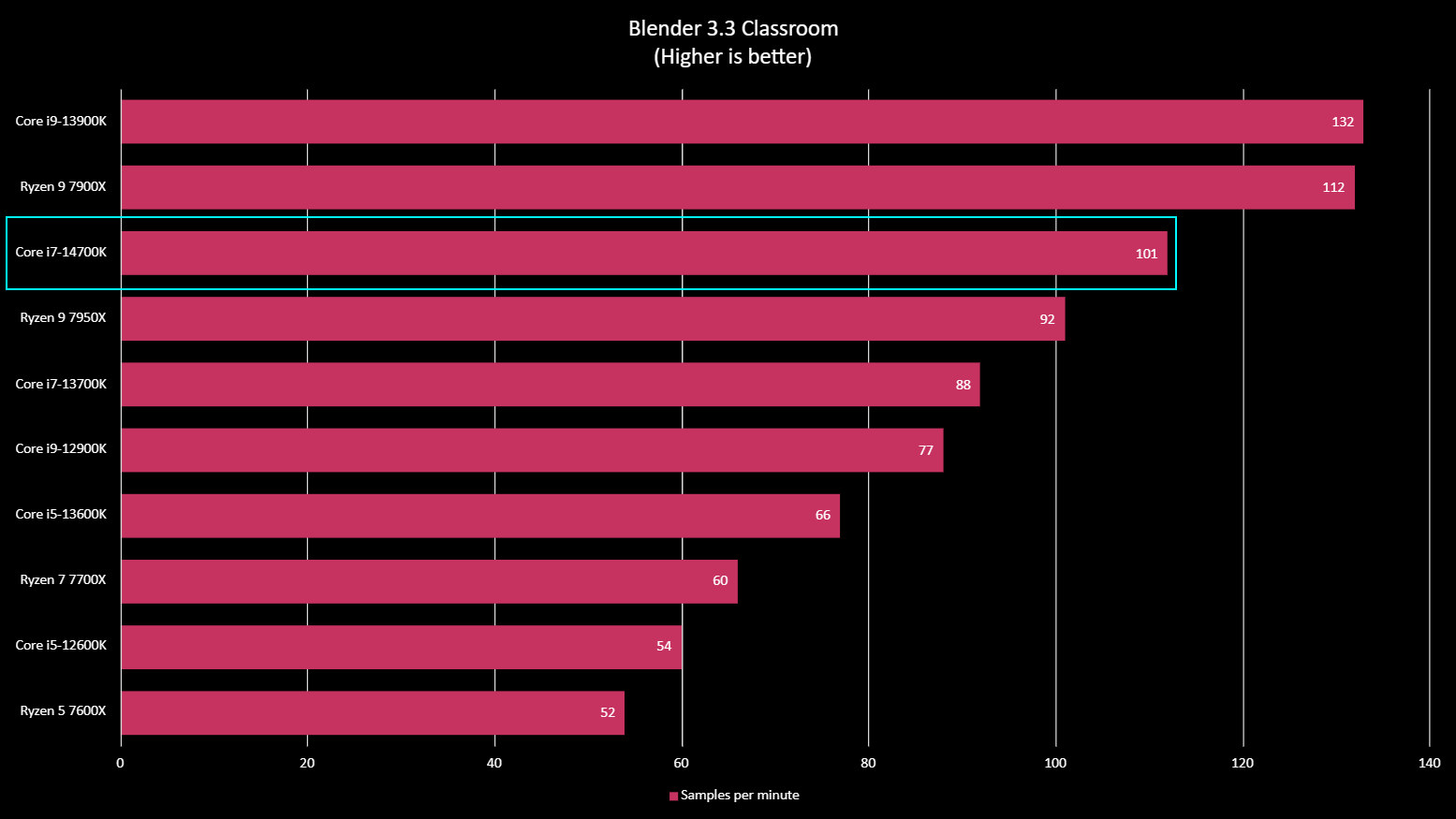
(Image credit: Windows Central)
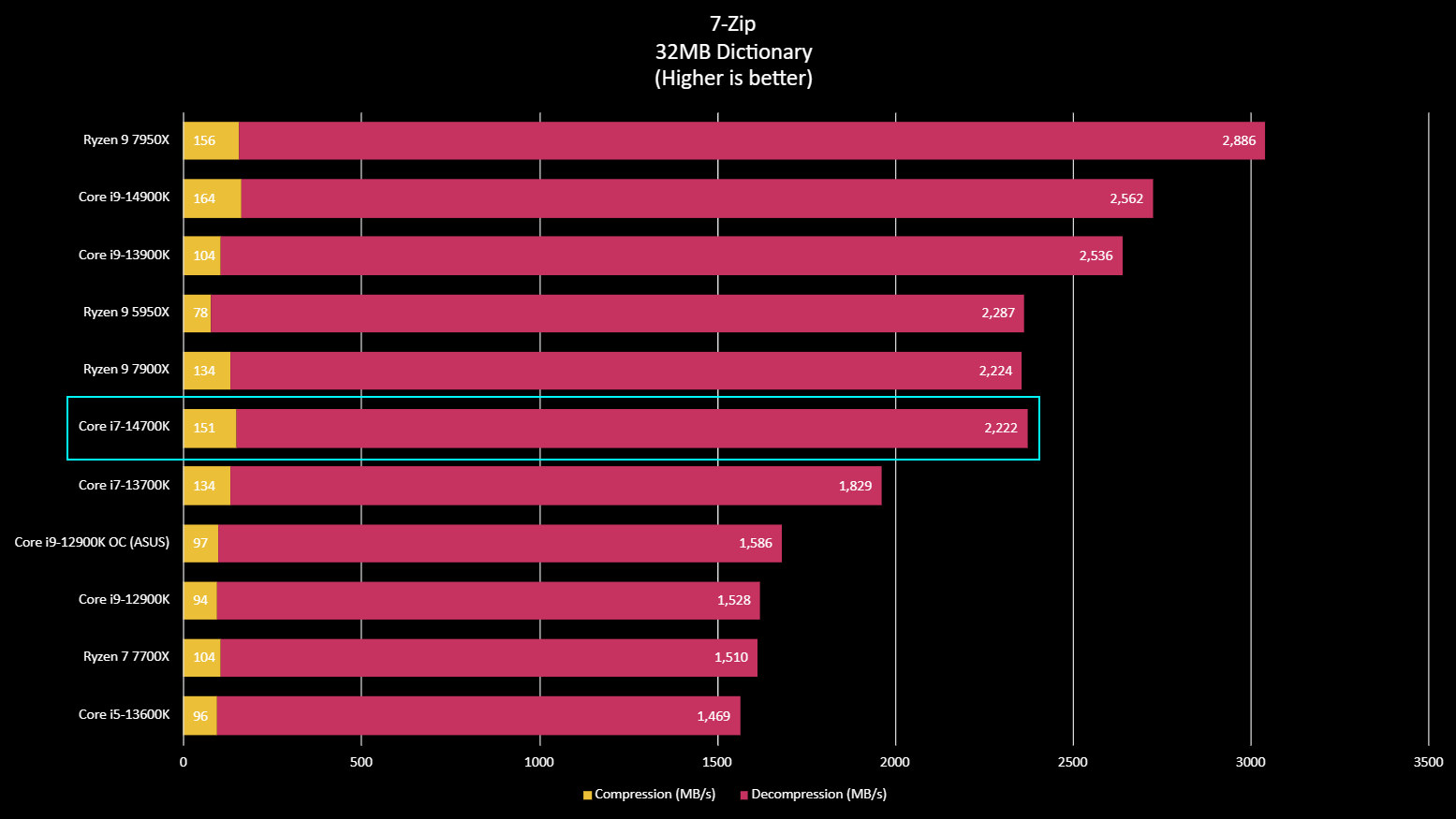
(Image credit: Windows Central)
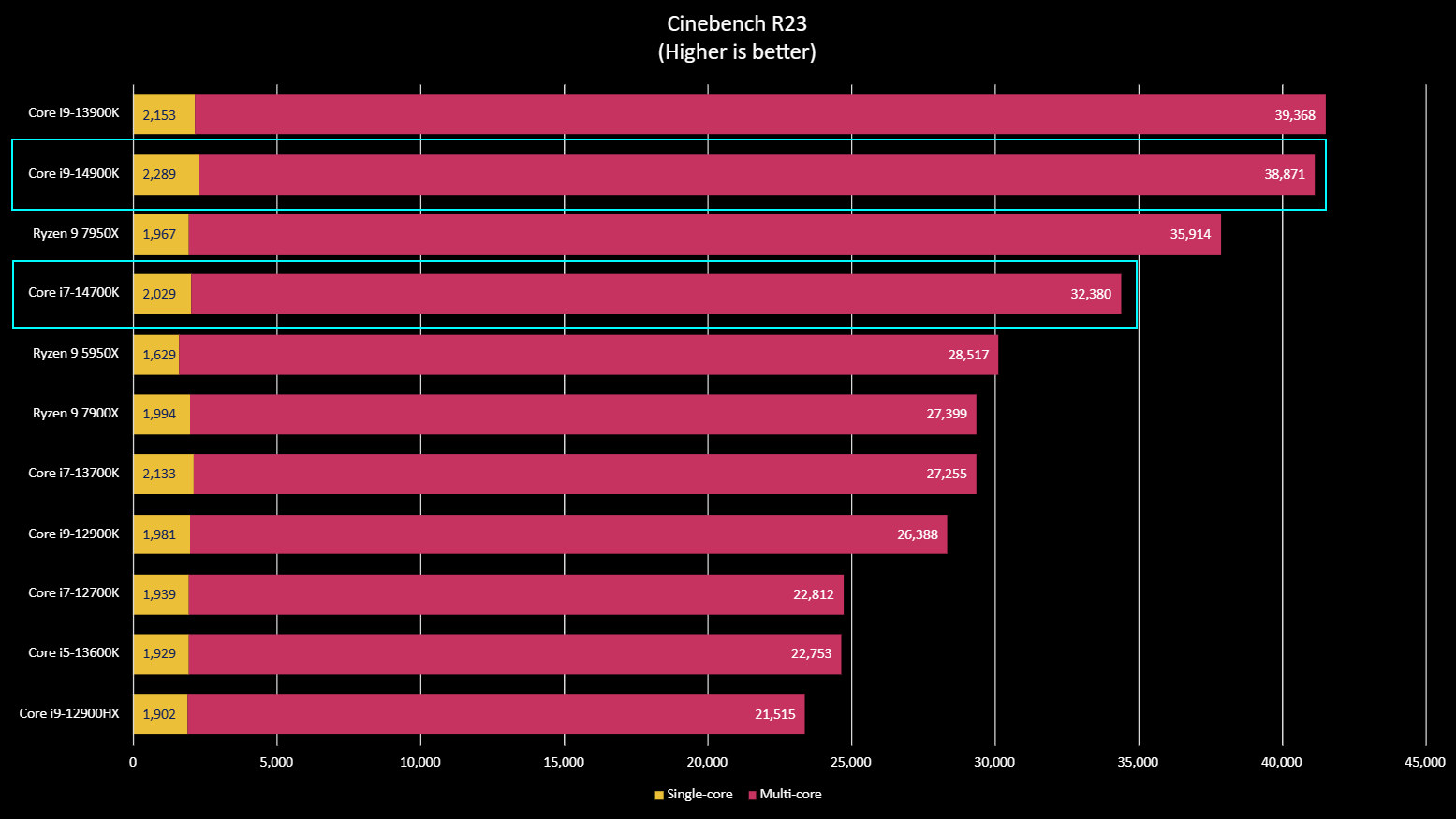
This chart shows where the Core i7-14700K sits in Cinebench R23 compared to the Core i9-14900K. Pretty impressive.
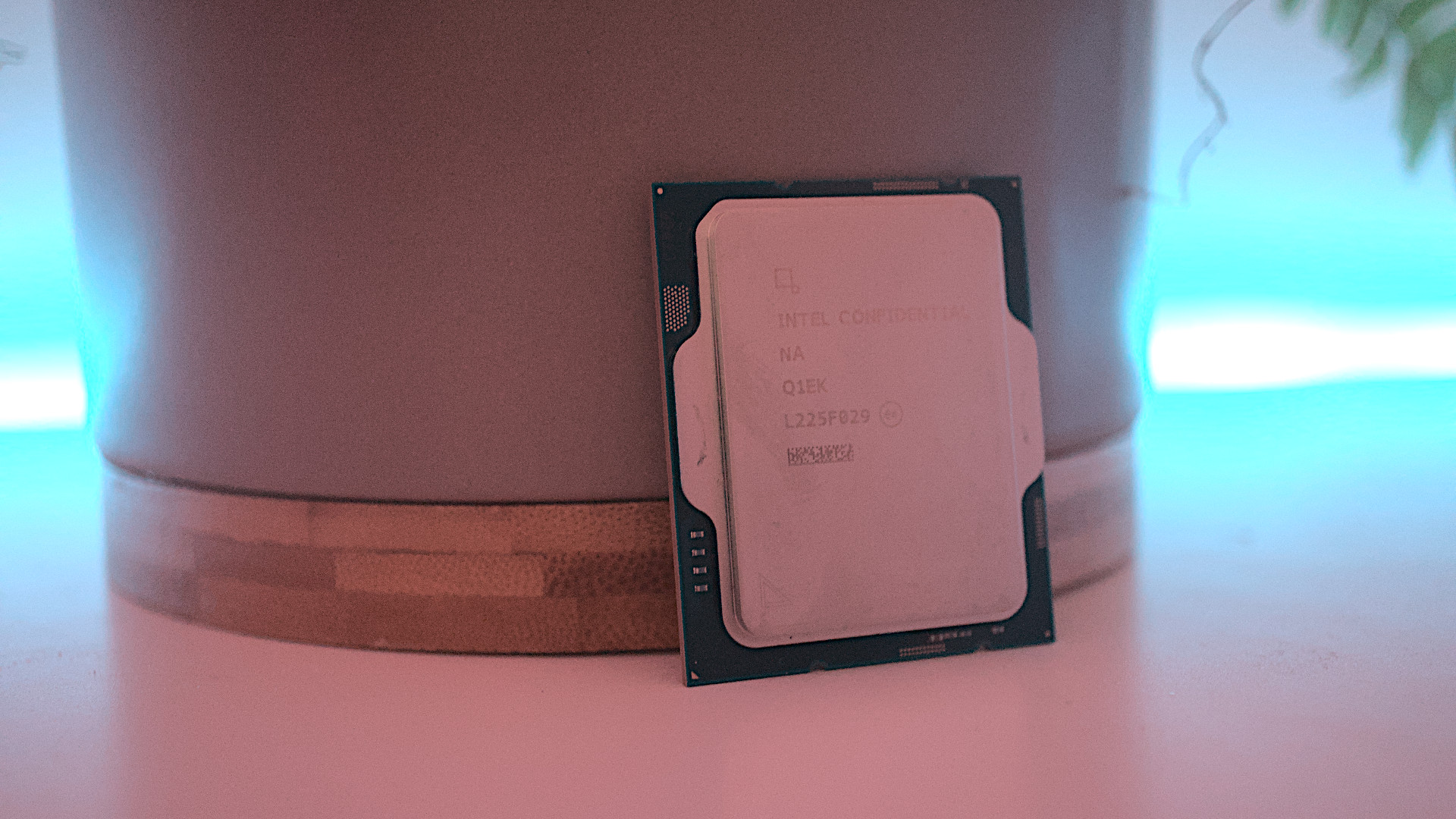
Last year’s Core i7 is still a good option.
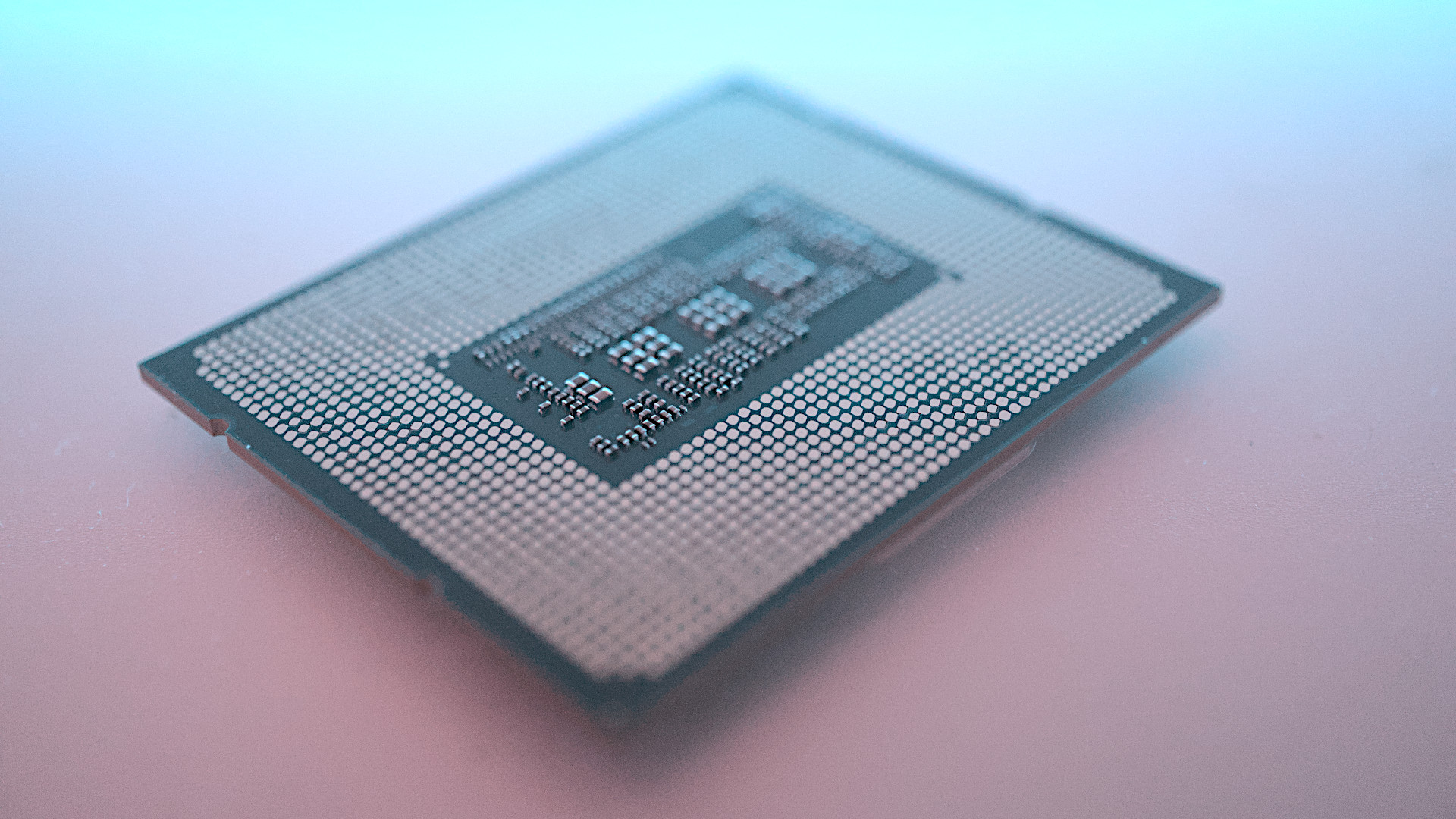
Whether you buy depends what you already have in your PC.
